Flavors of Sardinia
Flavors of Sardinia
Where land and sea collide beneath the fertile rays of the sun, and animals graze carelessly along nourishing mountaintops, only ambrosial produce may come. To truly appreciate the bold flavors of the traditional Sardinian table is to respect the bounty that comes from its oceans, mountainsides and flatlands. With every bite, you venerate Sardinia’s achievement in maintaining its strong, unadulterated culinary heritage. Time honored dishes are simple in their preparation, but combine rustic, ancient flavors that compel and delight. In every recipe and with each ingredient, Sardinian food extols its earthen and oceanic roots, beckoning diners to fall in love with this rugged land of contrasts: piquant and subtle, tart and sweet, velvety and crisp.
Every dish is the perfect balance of flavors, a careful play between a star ingredient and its supporting textures and seasonings that help to lift it up. Shimmery strands of pasta coated in buttery sea urchin are accentuated by the briny bottarga grated overtop. The fleshy interiors of carmine langoustines are peppered with the smoky char of the grill, drawing out their aromatic sweetness. Equally important in understanding the juxtapositional flavors of Sardinian food is to appreciate the primordial shepherd culture of its interior. To stop at seafood alone would be a grave oversight of some of the island’s most signature culinary triumphs. Sharp and salty pecorino sardo is earthy and robust, while the smoldering succulence of porceddu (suckling roasted pig) with its crackly skin and creamy, fall-apart meat, are delicacies brilliantly born of rustic tradition.
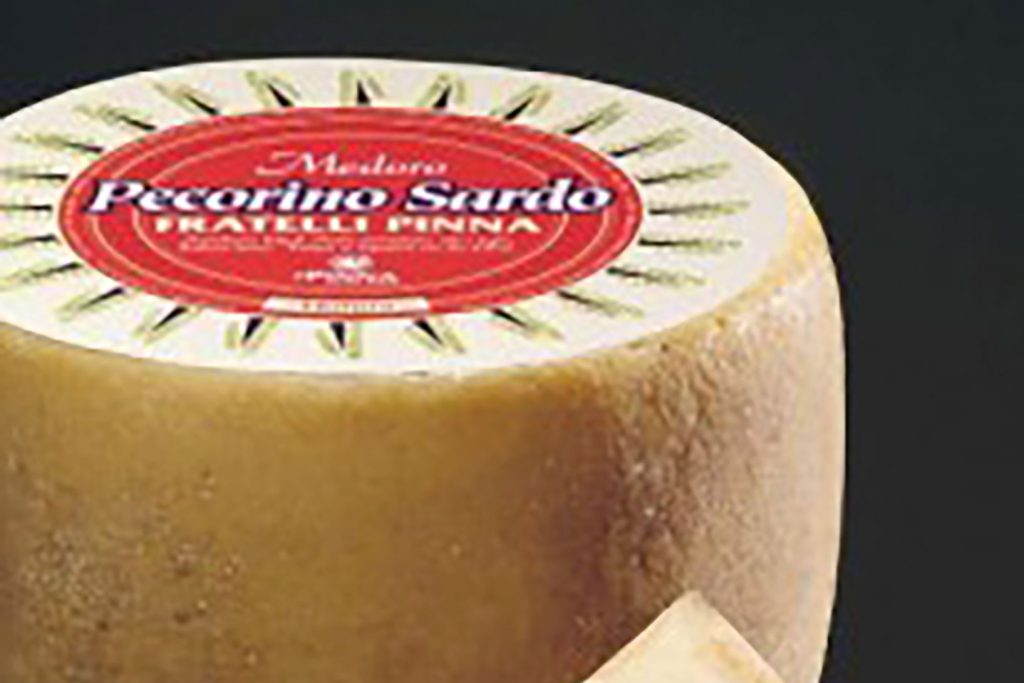
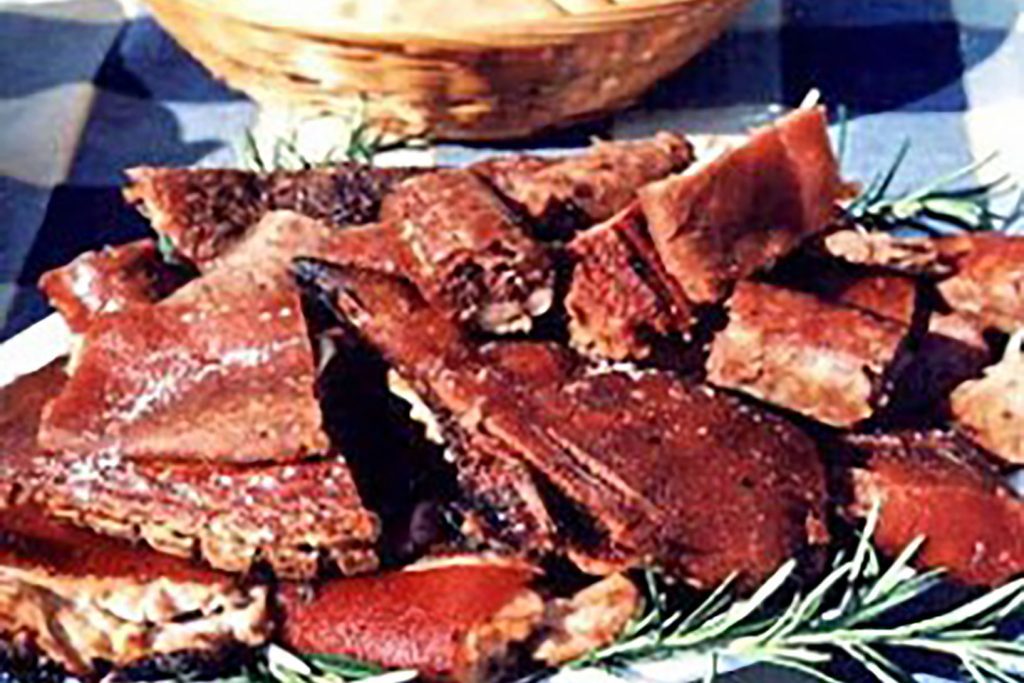
PAN CARASAU
This wafer thin bread is a sensational, savory treat that you find yourself eating in larger quantities than anticipated. Due to its light and crispy but salty and starchy texture, pan carasau can be eaten at virtually every meal. The origins of this unconventional flat bread are rooted in the shepherd culture of central Sardinia. Easy to transport and able to maintain its taste and texture for days, Sardinian shepherds and farmers were easily able to carry the bread with them for days while working out in the mountains. The name Carasau derives from the method of baking the bread until rendered crispy. It is said that even traces of the ancient bread were found in megalithic Nuraghi towers built around 1500 BC.
PORCEDDU
Another gastronomical delight found in the central region of Sardinia, is the celebrated porceddu or roasted suckling pig. The baby suckling pig is prepared on a spit made from the Arbutus tree and slow-cooked over burning Juniper wood, while gently being brushed with lard. Once the perfect level of crispiness and browning has been achieved, the pig is allowed to cool for a day before it is eaten.
BOTTARGA
Decadent and imbued with the flavor of the ocean, bottarga is a truly unique delicacy of Sardinian food, with some of the island’s best being produced in Cagliari. To make bottarga, the roe sac of either Tuna or Grey Mullet fish is pressed, dried and cured with salt anywhere from a few weeks to six months, imparting the small amber loaf with a savory and rich, almost buttery flavor. Bottarga is typically served sliced as an antipasto with olive oil and lemon, or with a number of other vegetables such as artichokes. It is often grated atop an array of seafood based pasta dishes and used as the main ingredient in preparing simple, yet flavorful plates of spaghetti and linguini.
LOBSTER & SEA URCHIN
Some of the Mediterranean’s best lobsters can be found on the western part of Sardinia, in the area surrounding the town of Alghero. Given the island’s legacy as a onetime colony of Catalonia, it has retained much of the same rich, seafood-centric recipes as its former rulers. Sardinian lobster is prepared a number of ways, from simply being grilled with fresh herbs, to the famous and more involved Aragosta All’Algharese whereupon the lobster is boiled then opened, and served with sliced onion, fresh tomato and mustard. Equally fresh and delicious are the island’s seemingly unending supply of sea urchins that are plucked by stealthy fisherman from the shallow and rocky-bottom waters of the island’s coves and bays. Eaten either raw or as a luxurious additive to spaghetti, sea urchin’s buttery composition is not lost on the Sardinian palate.

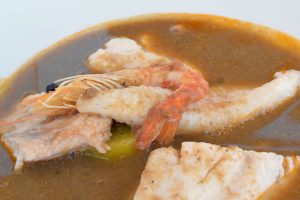
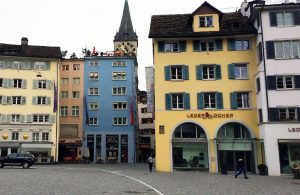
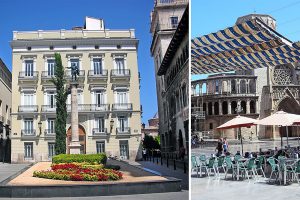
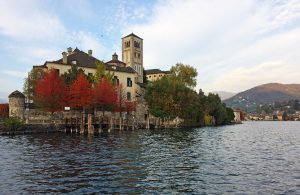
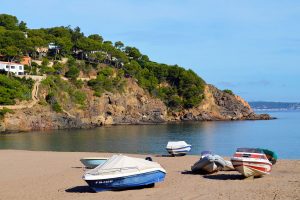
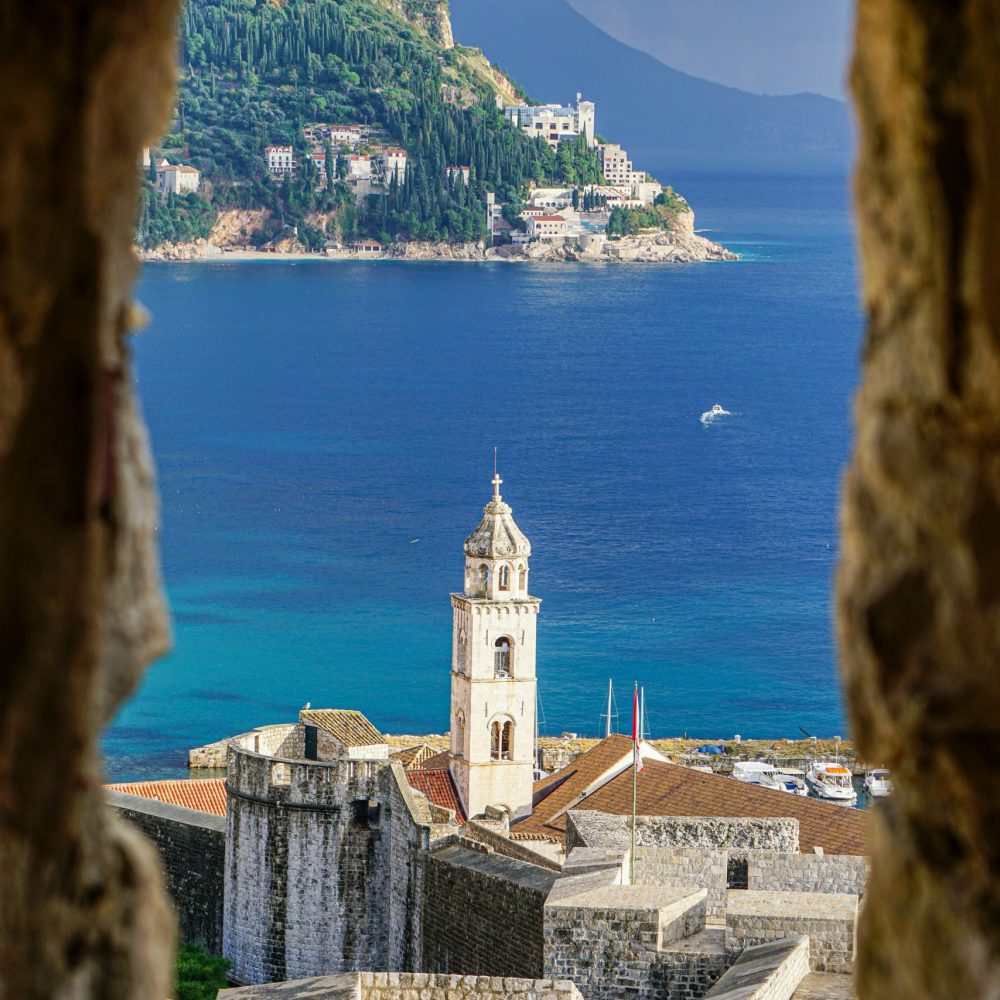
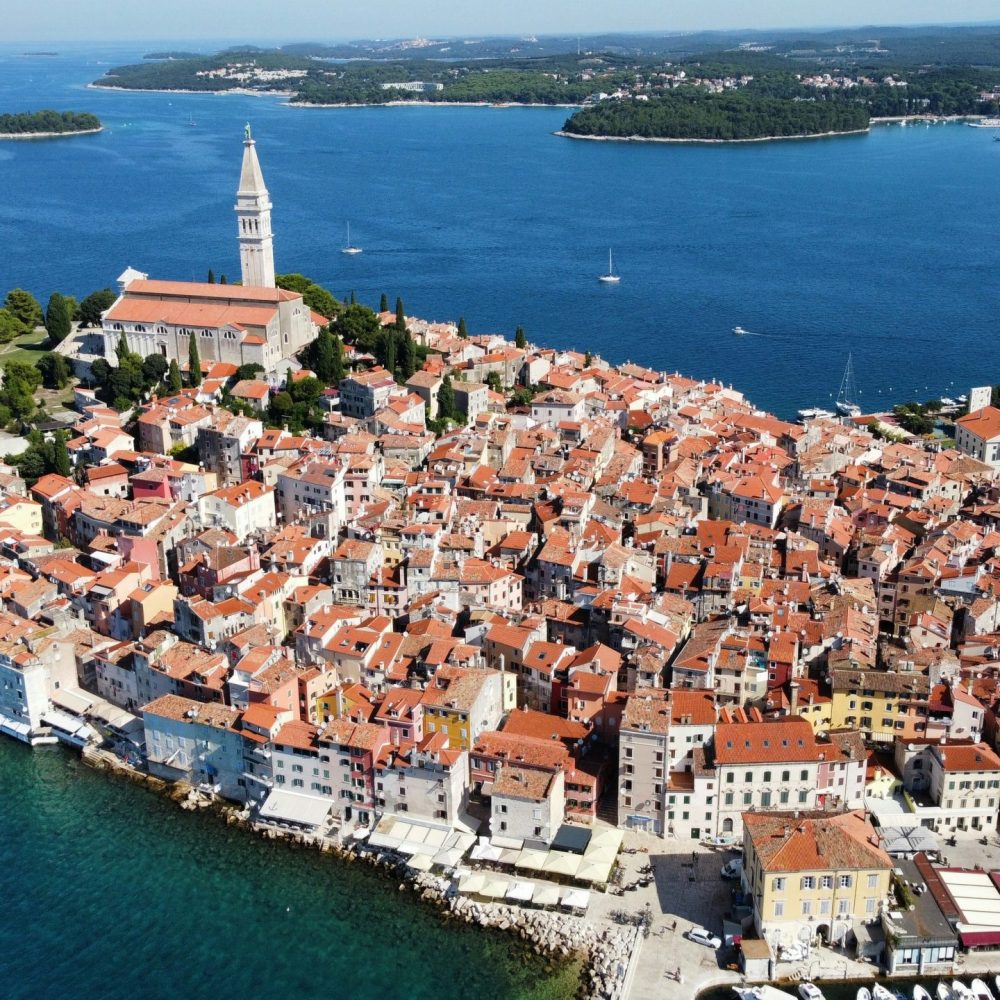
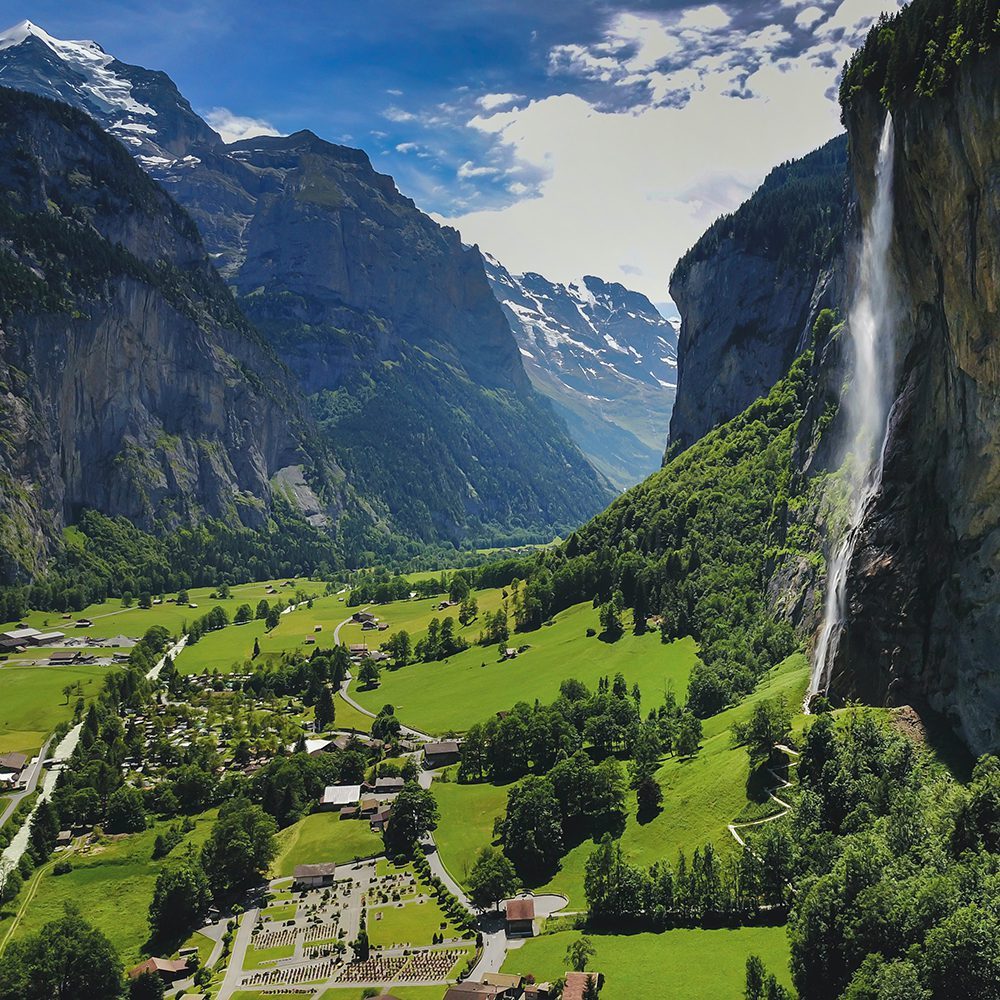
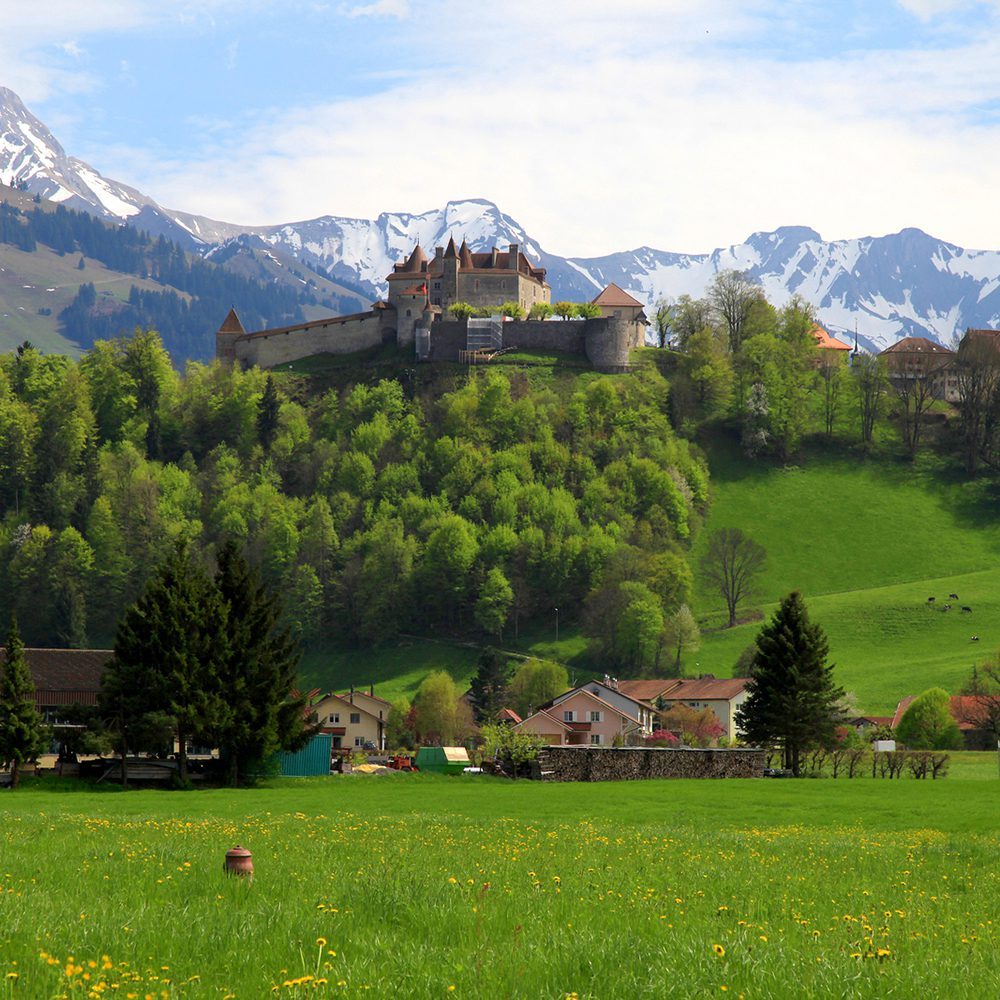

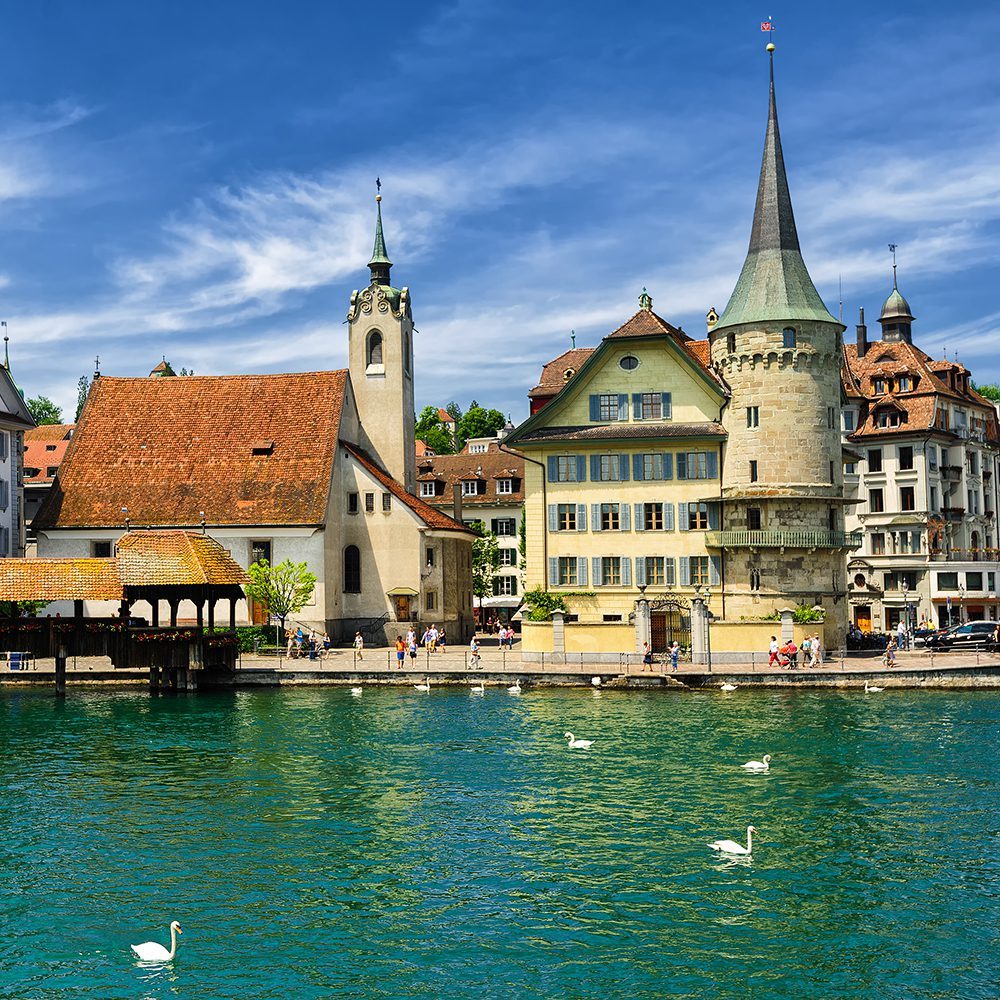
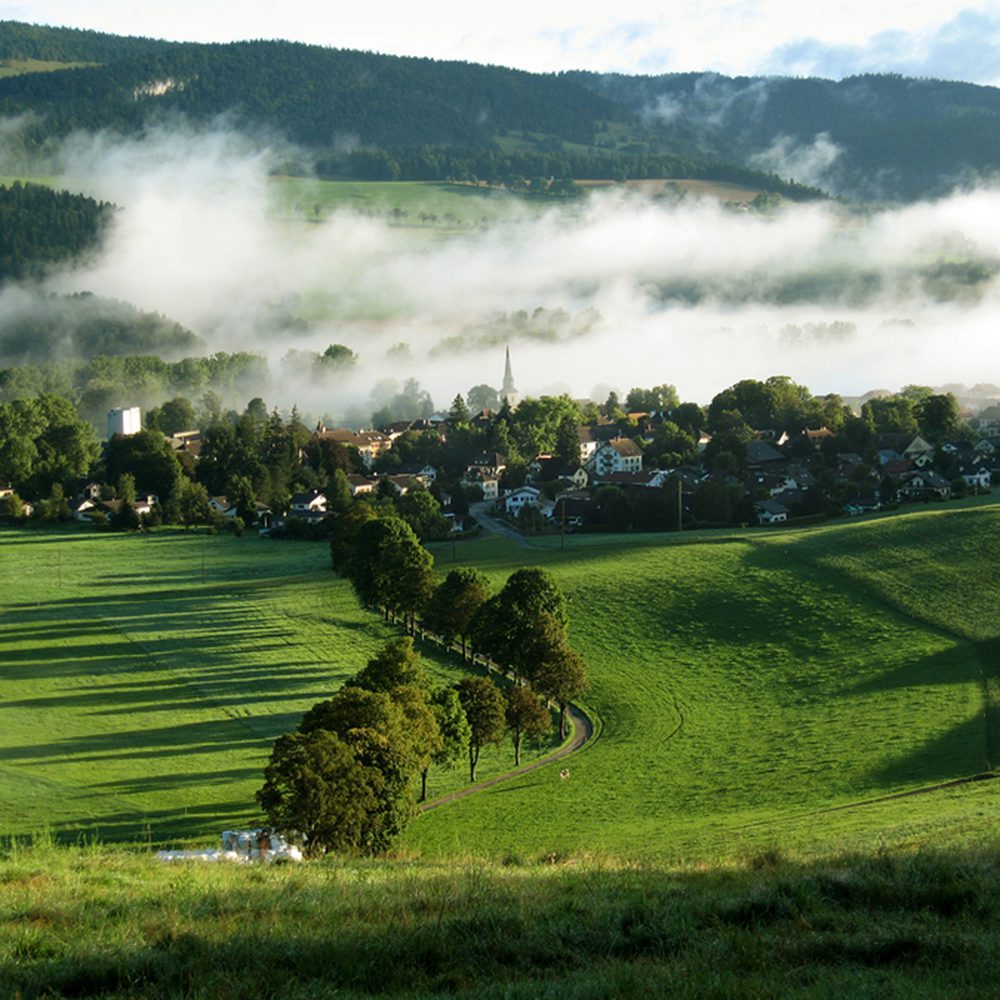
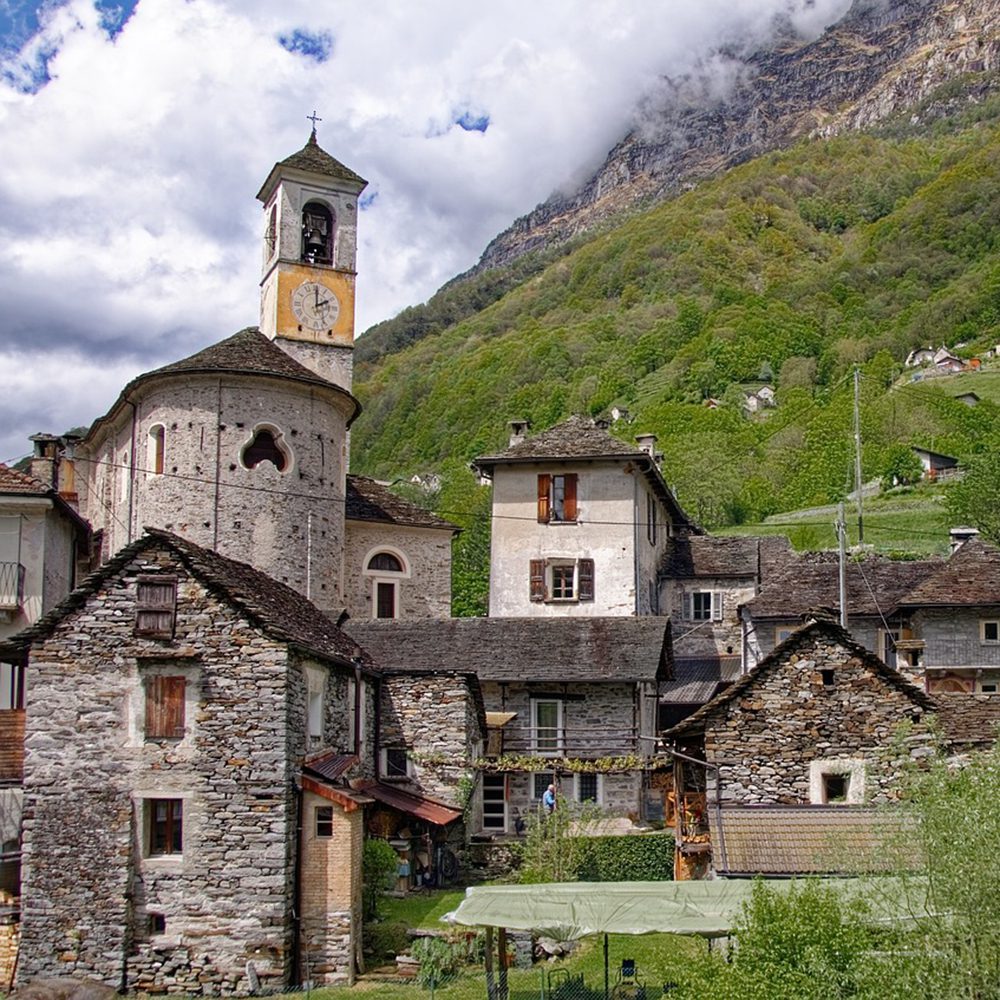
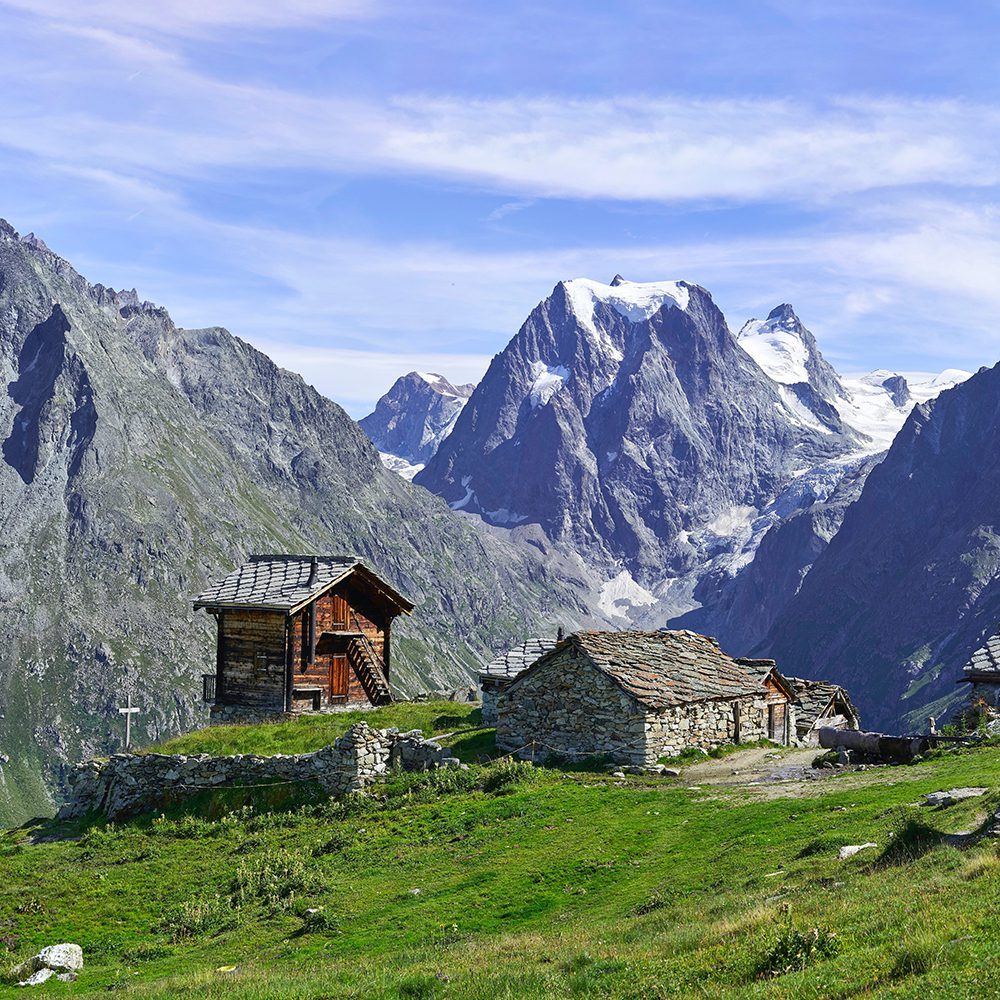
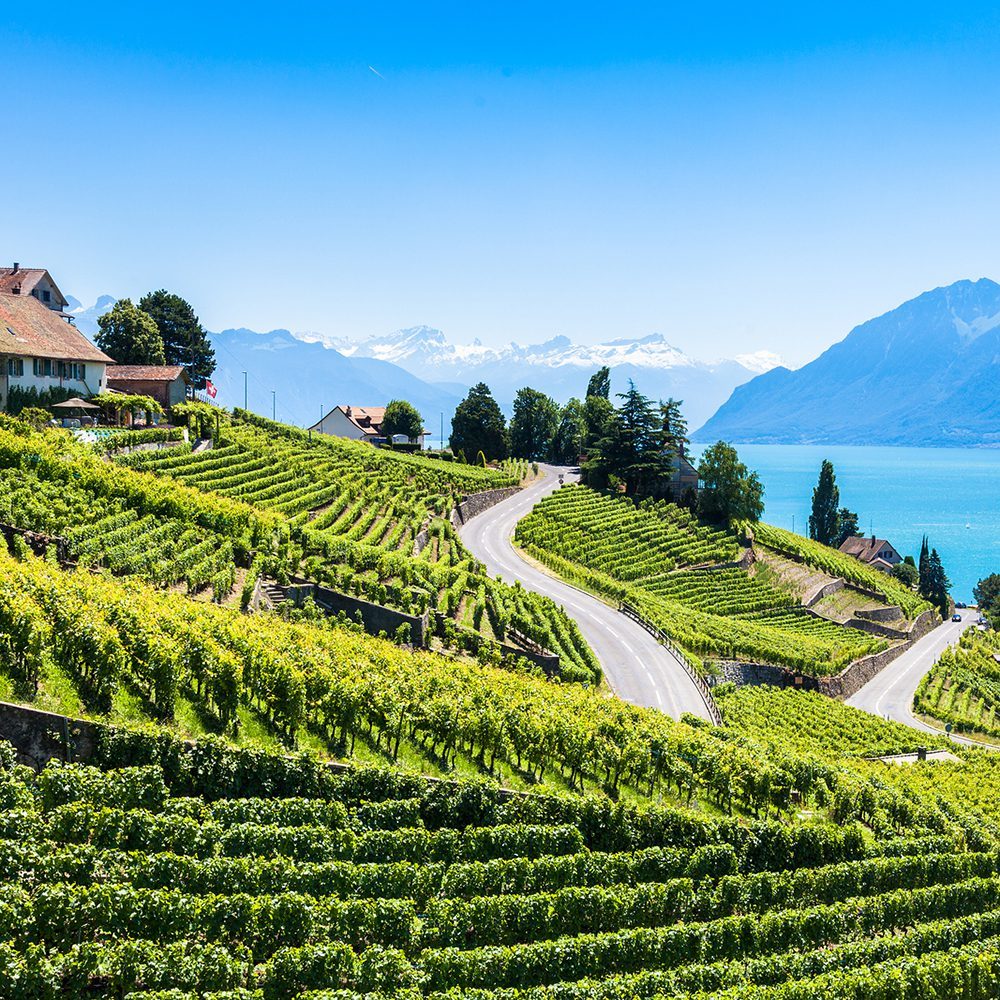
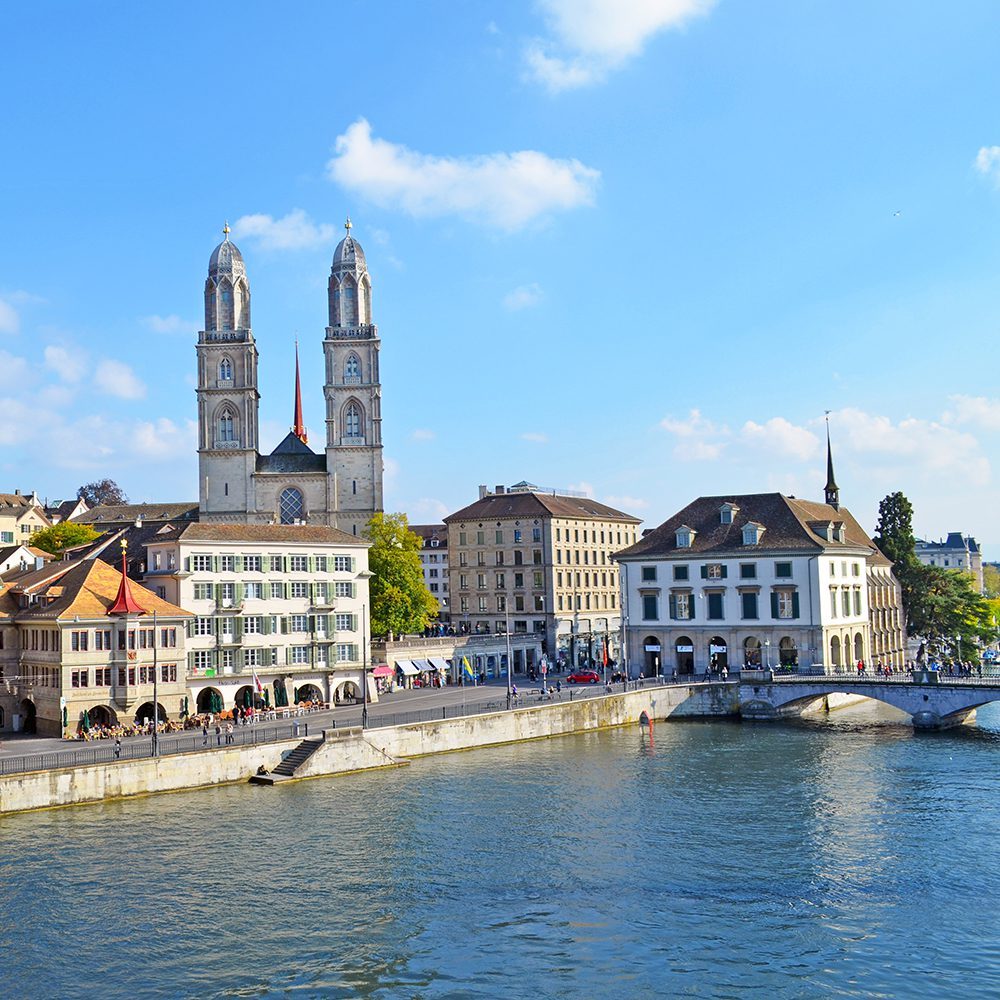
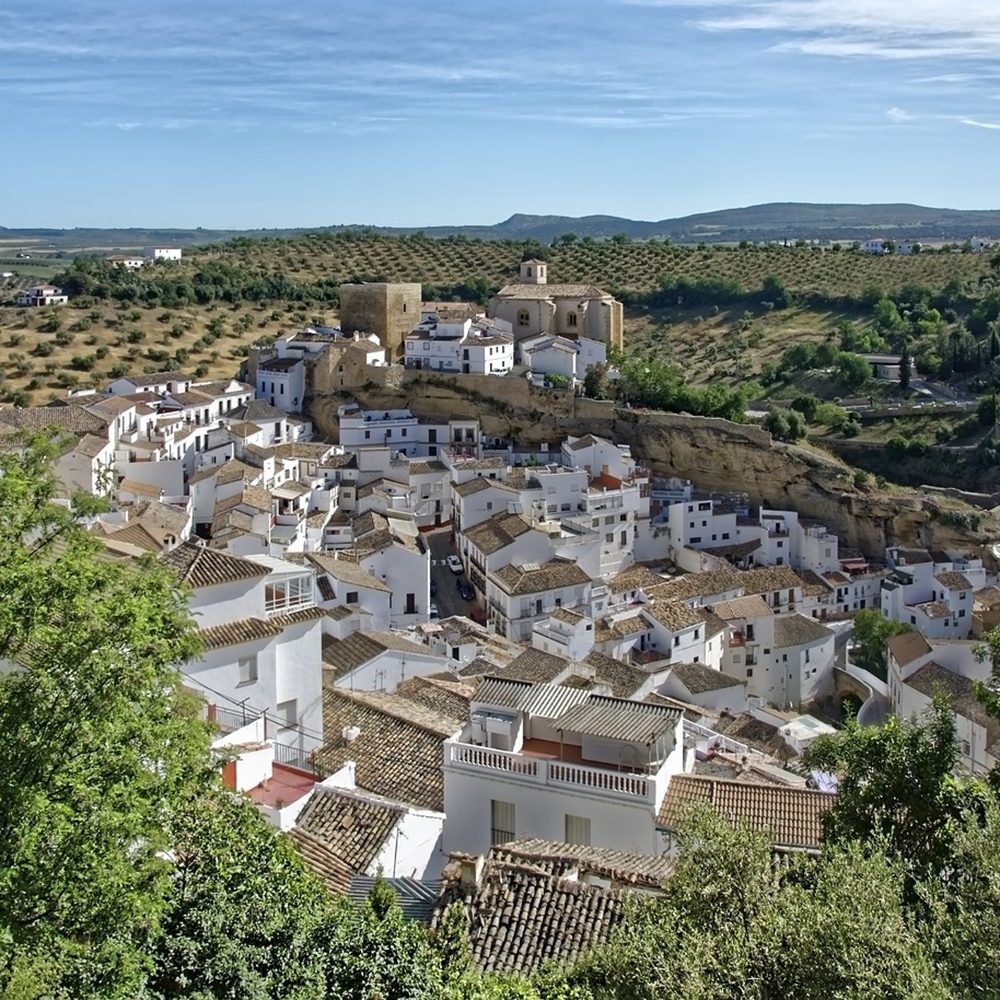
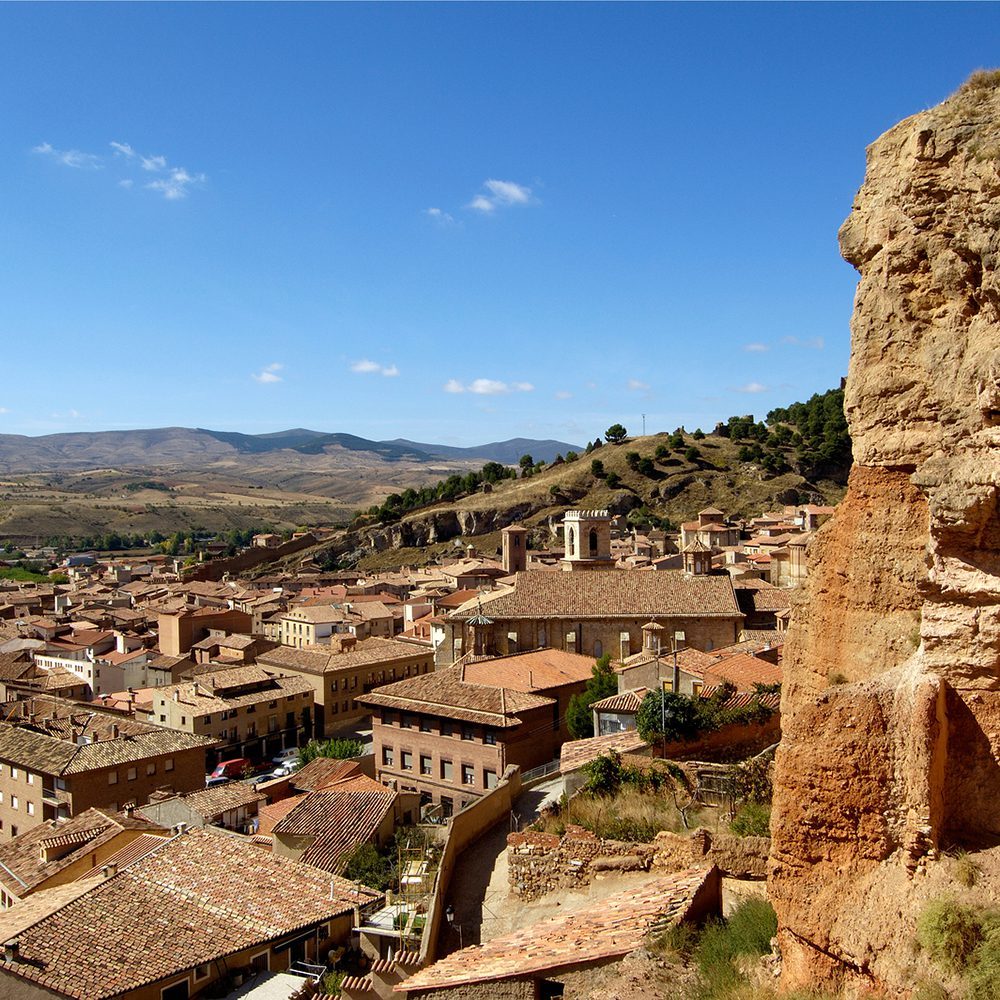
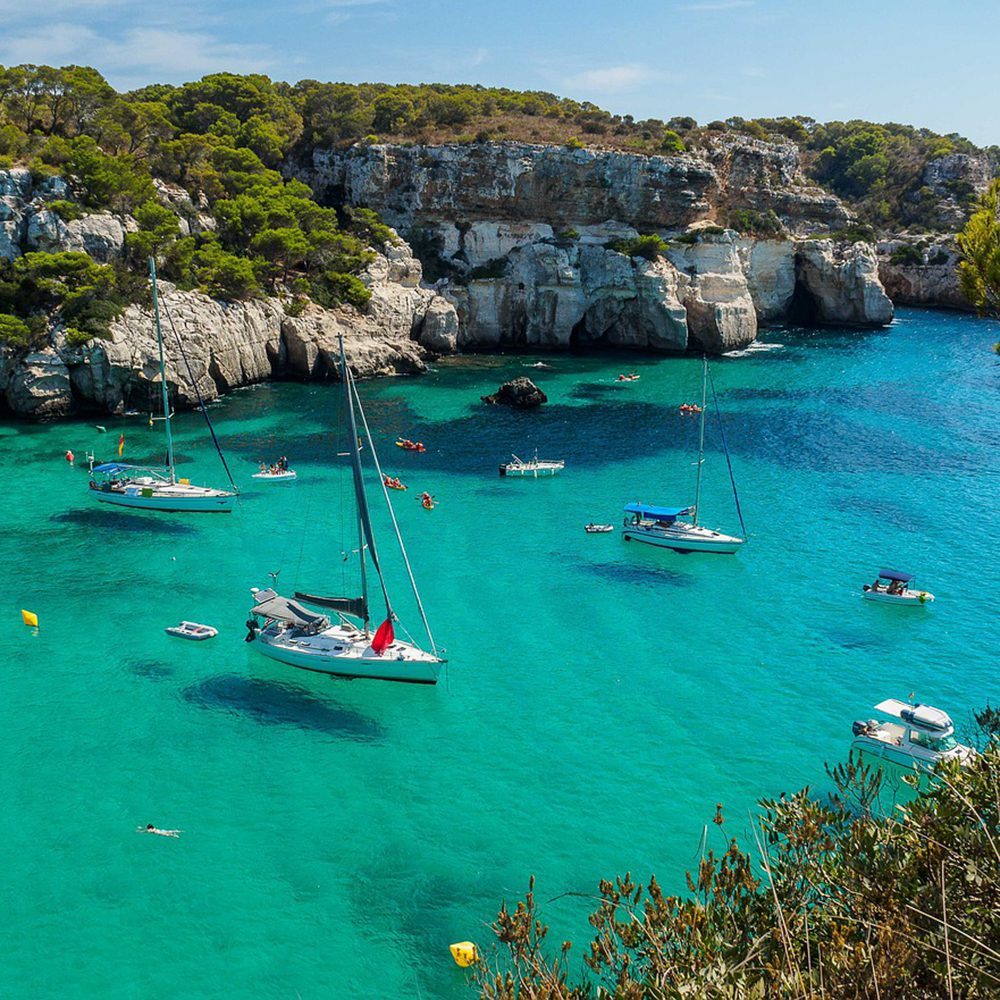
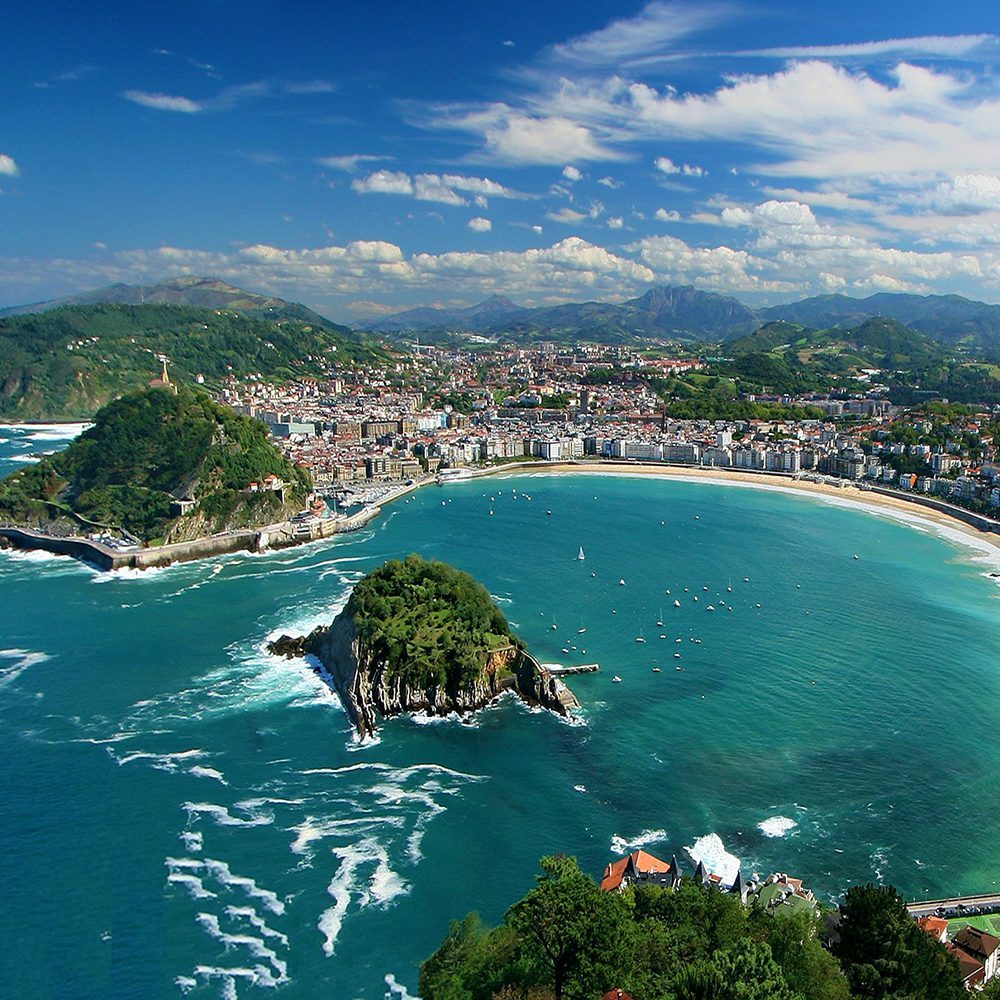
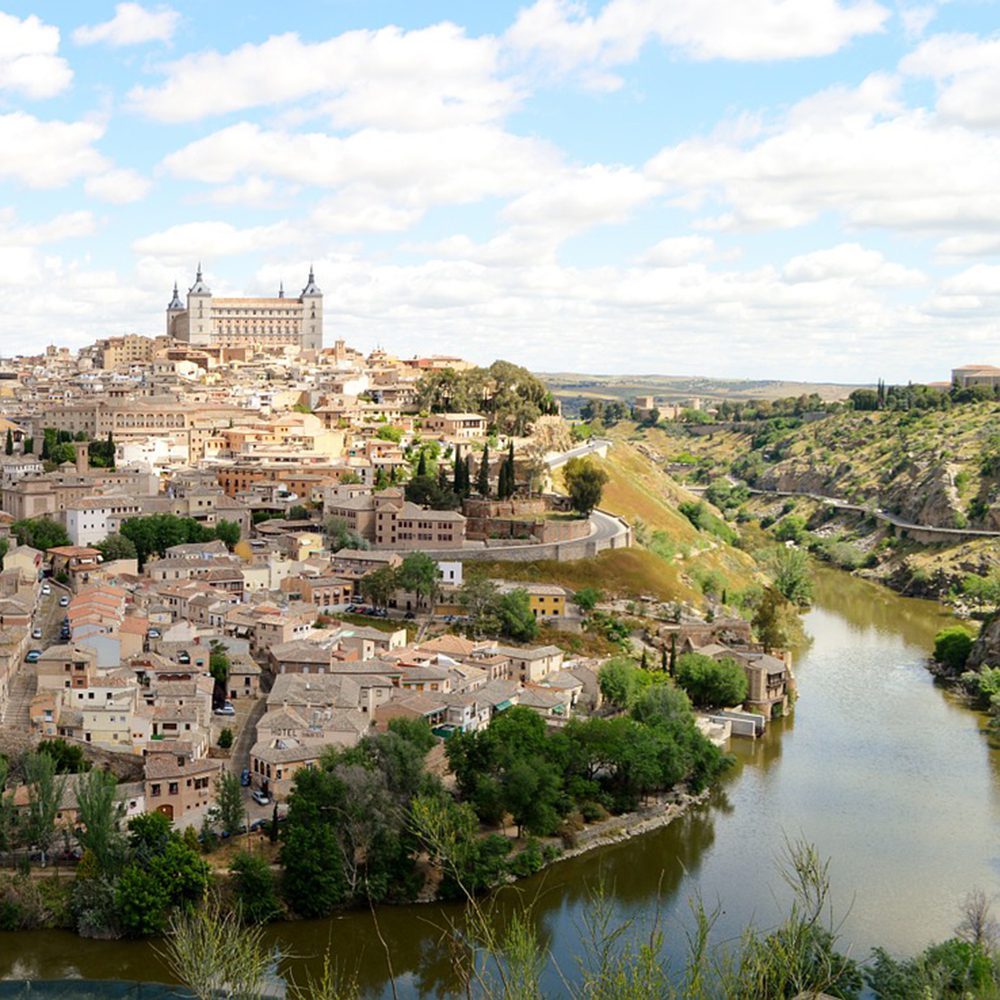
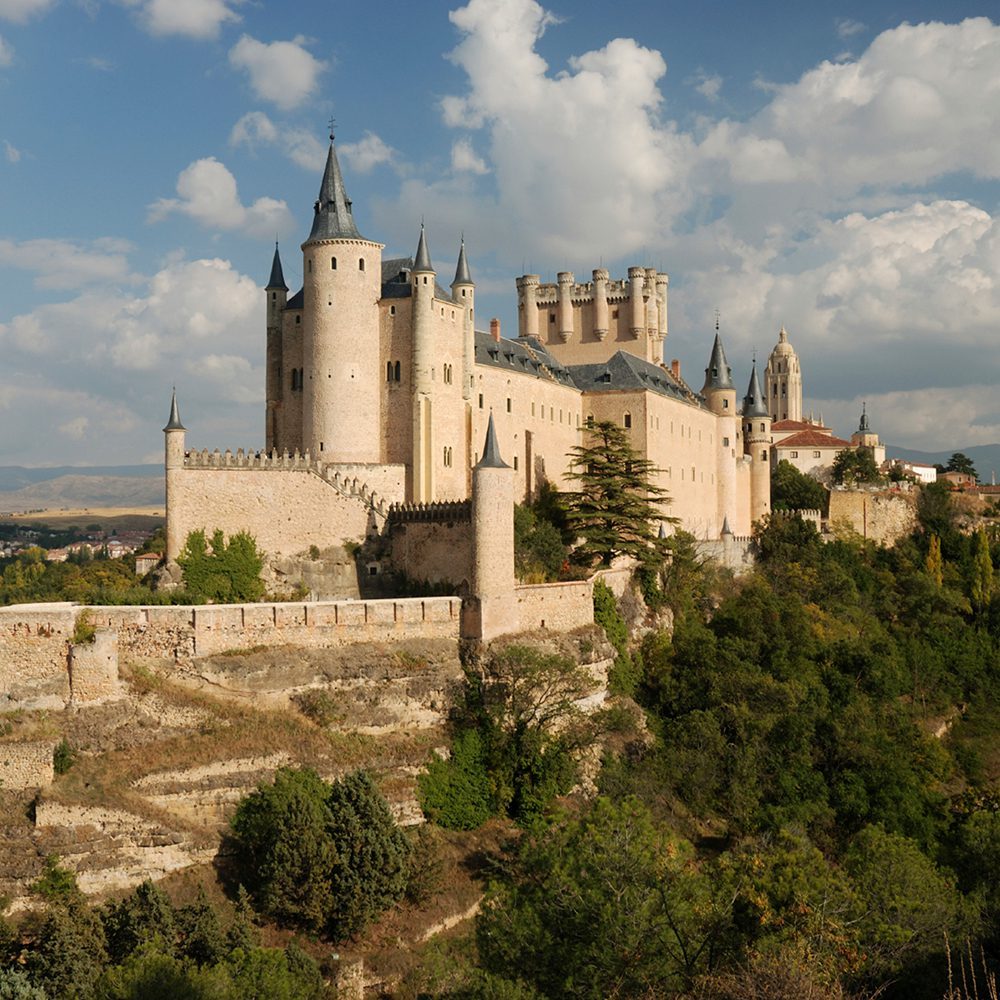
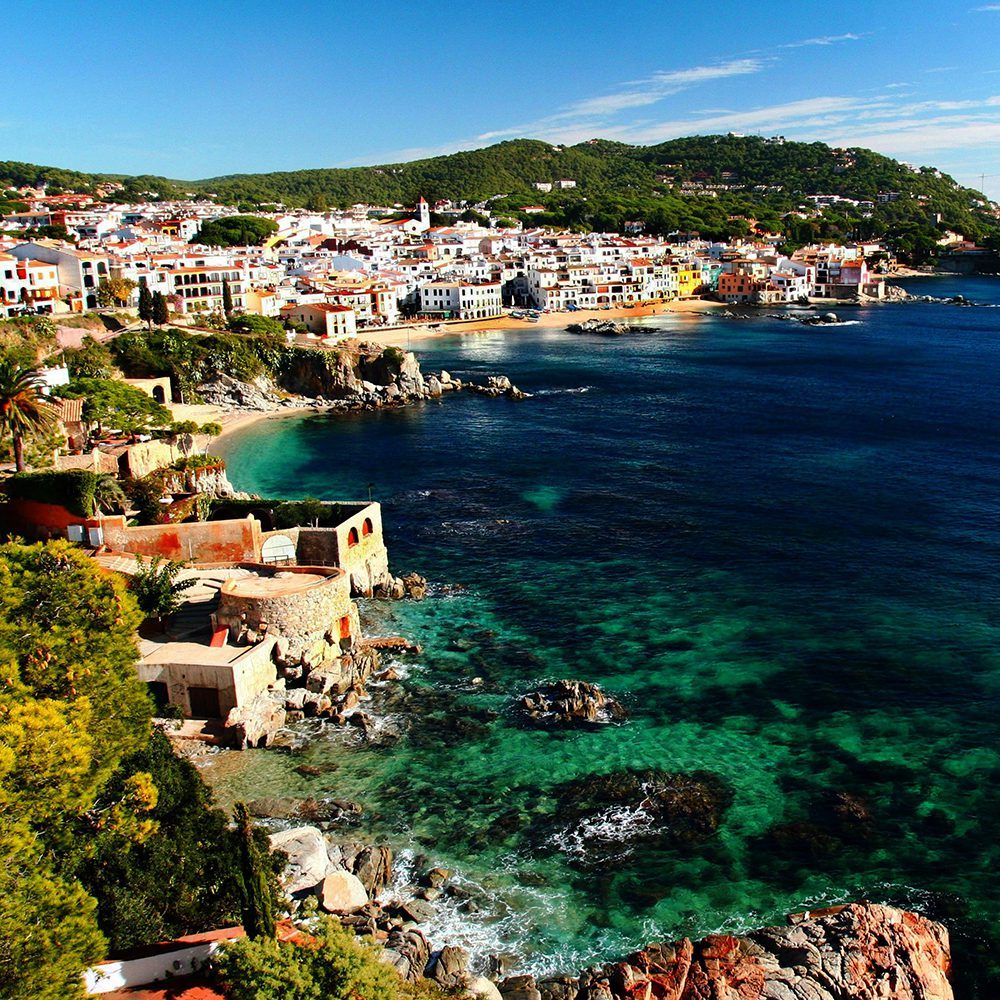
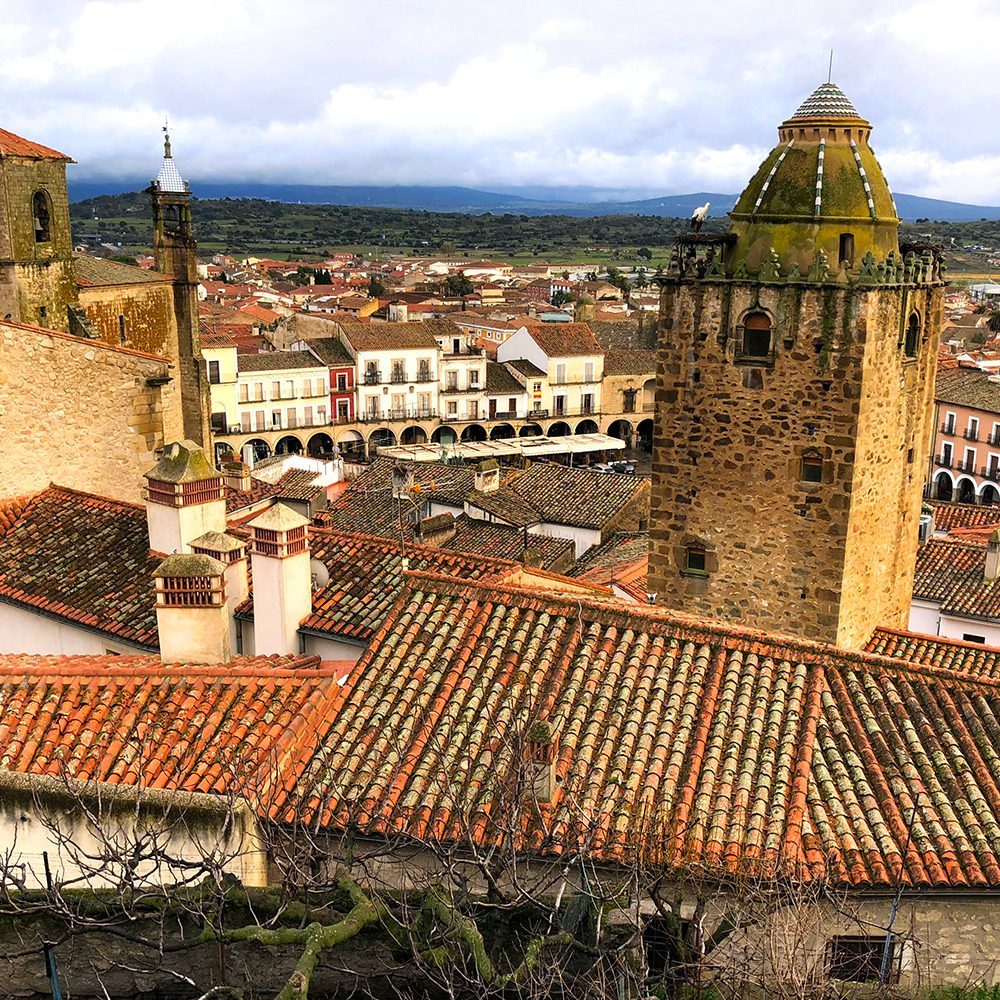
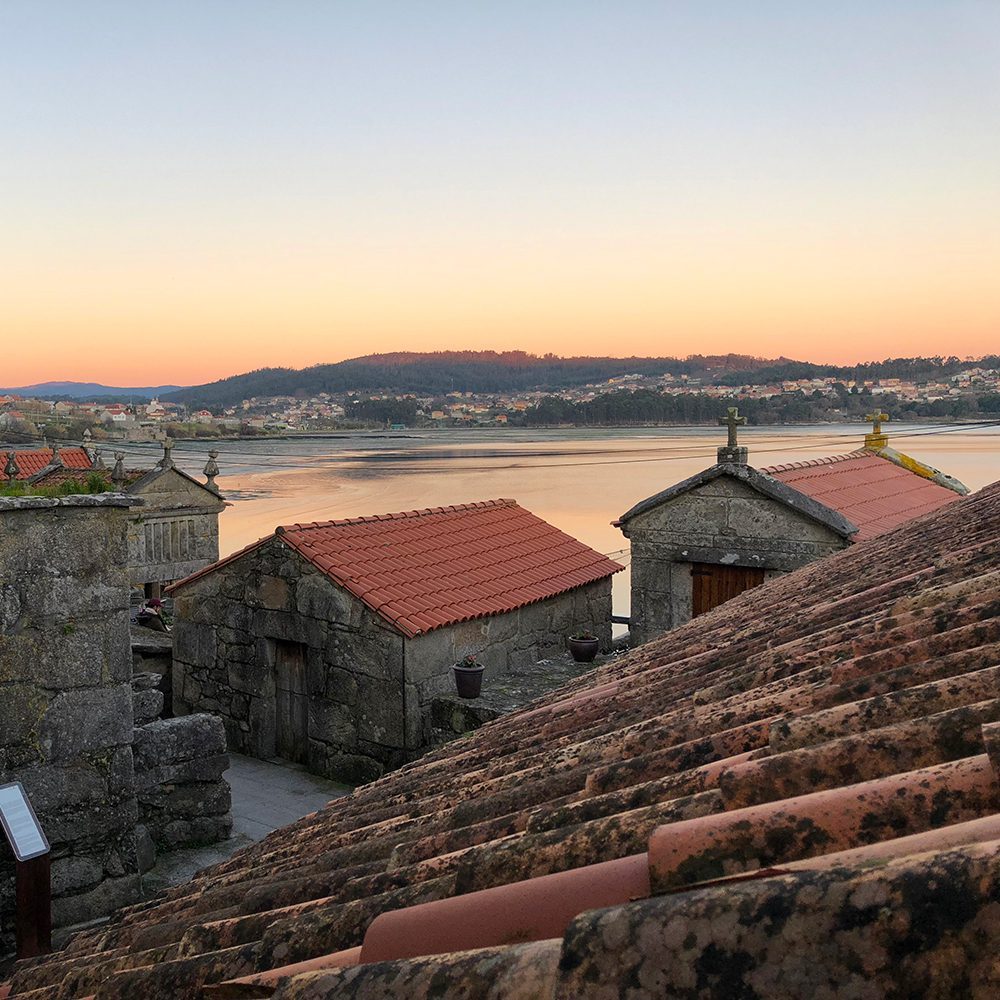
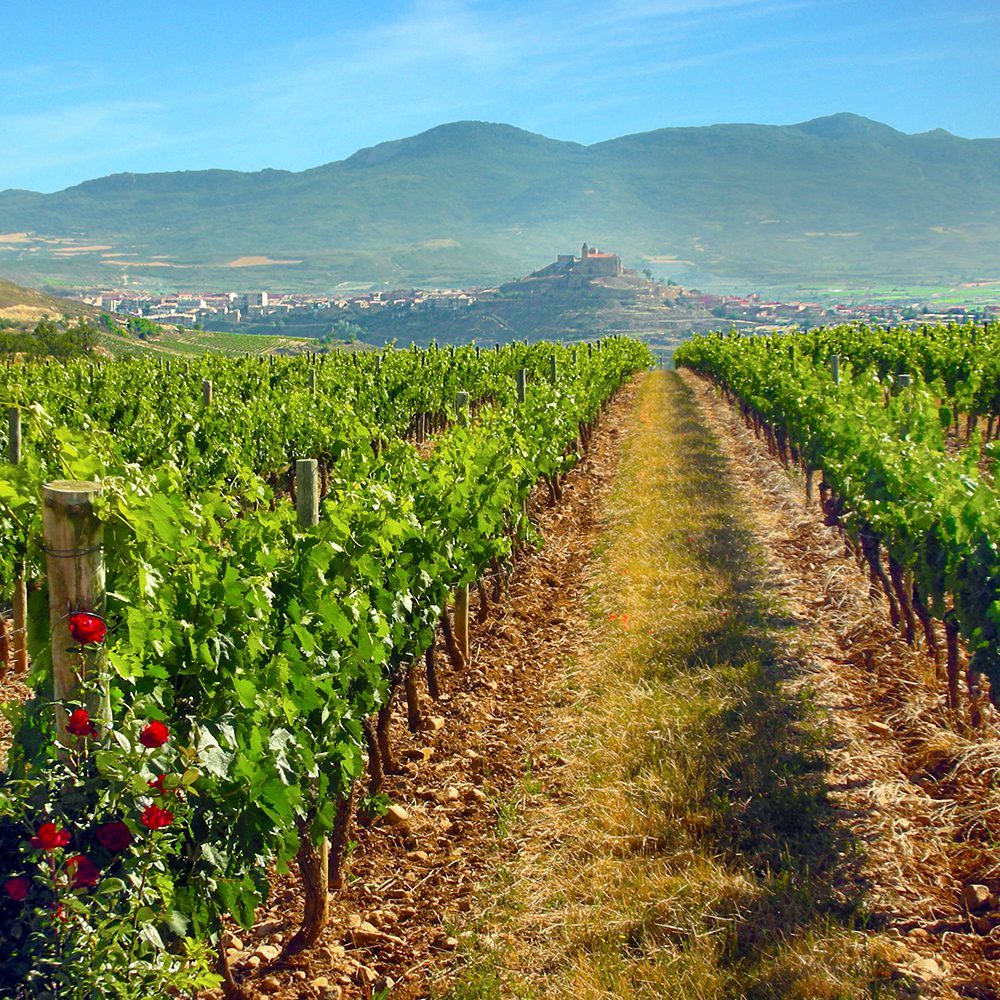
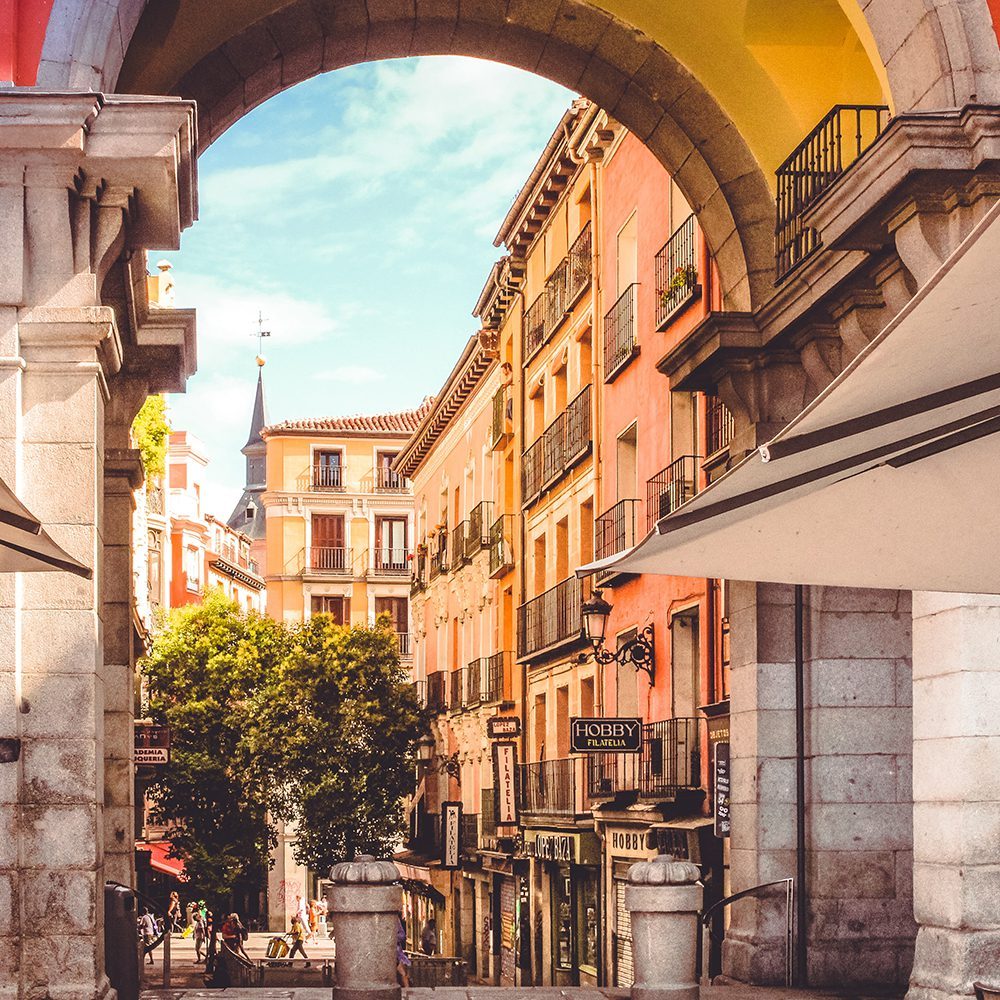
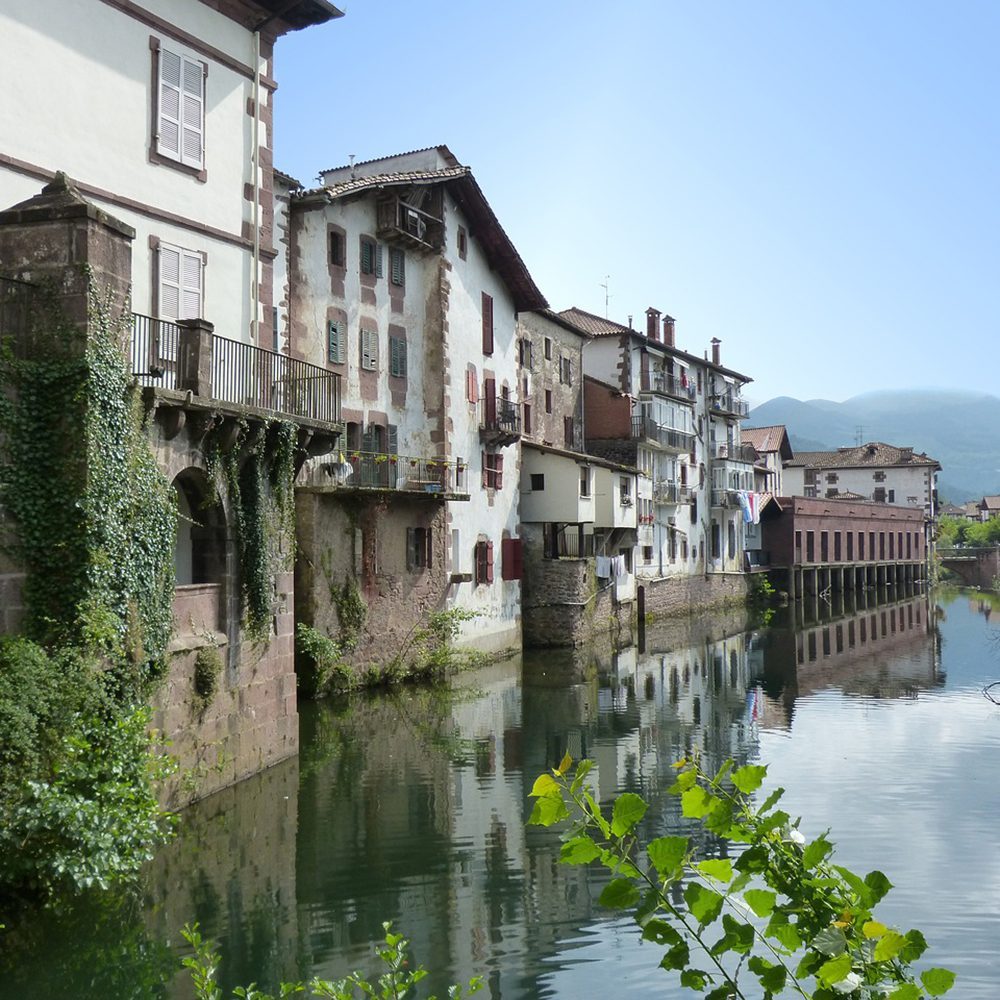
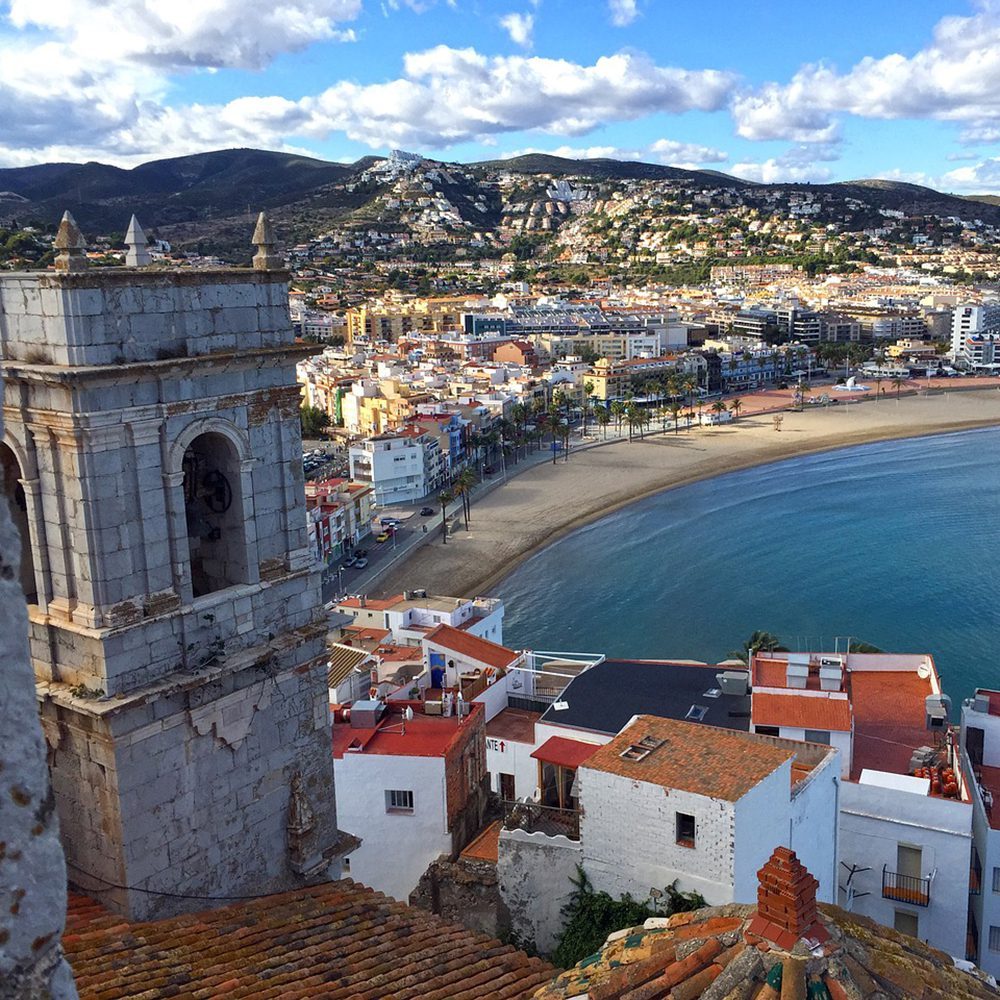
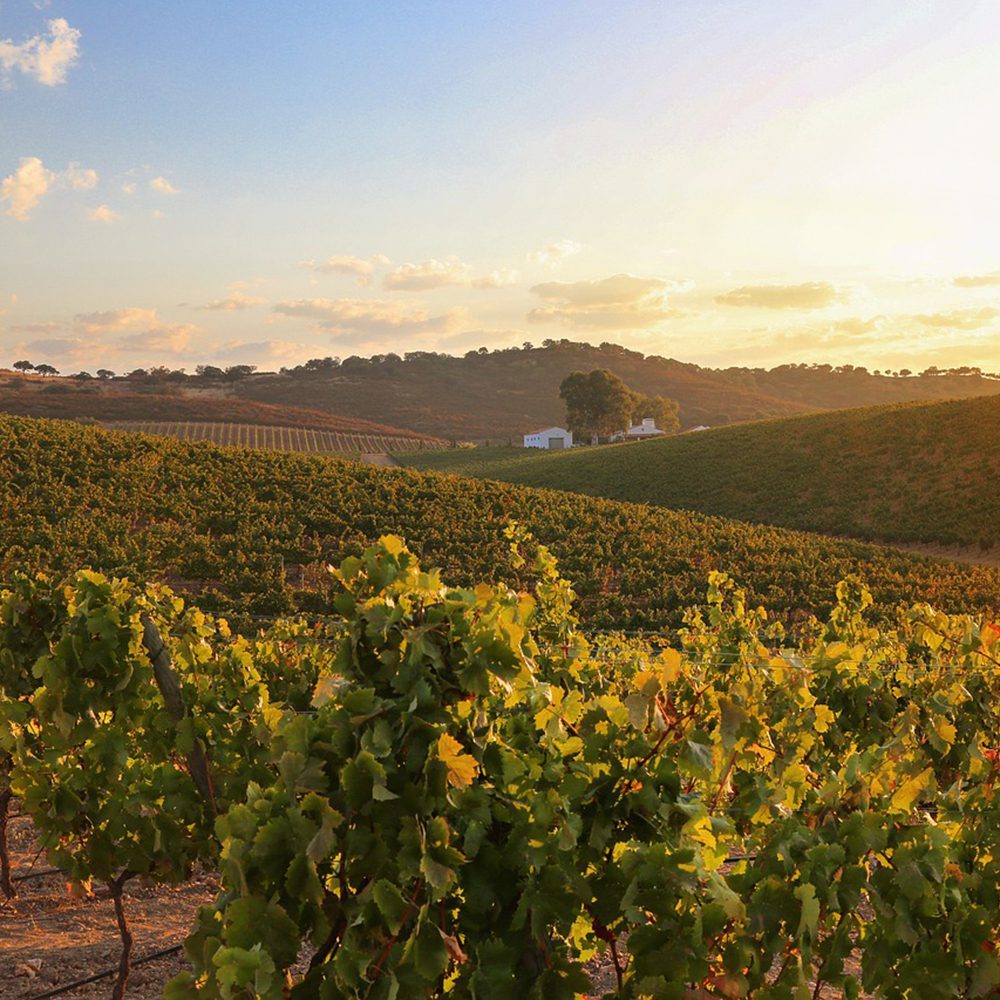
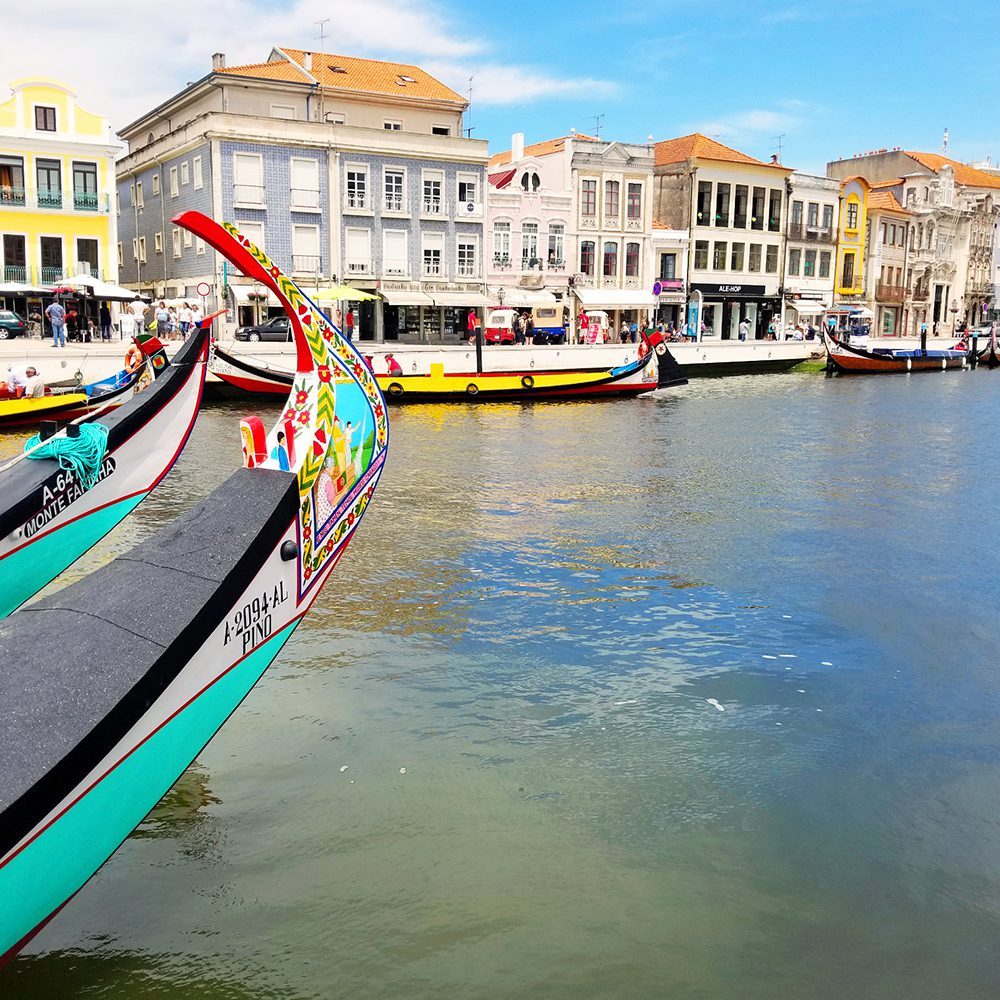
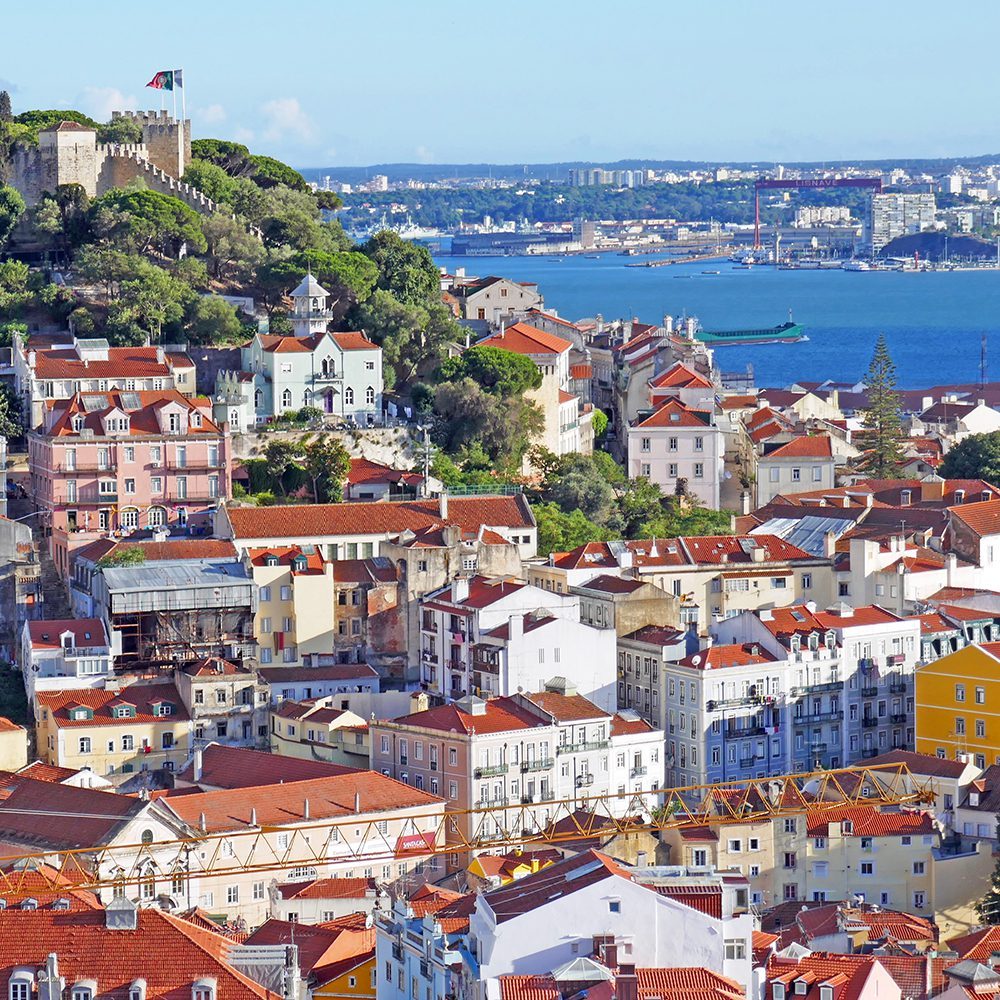
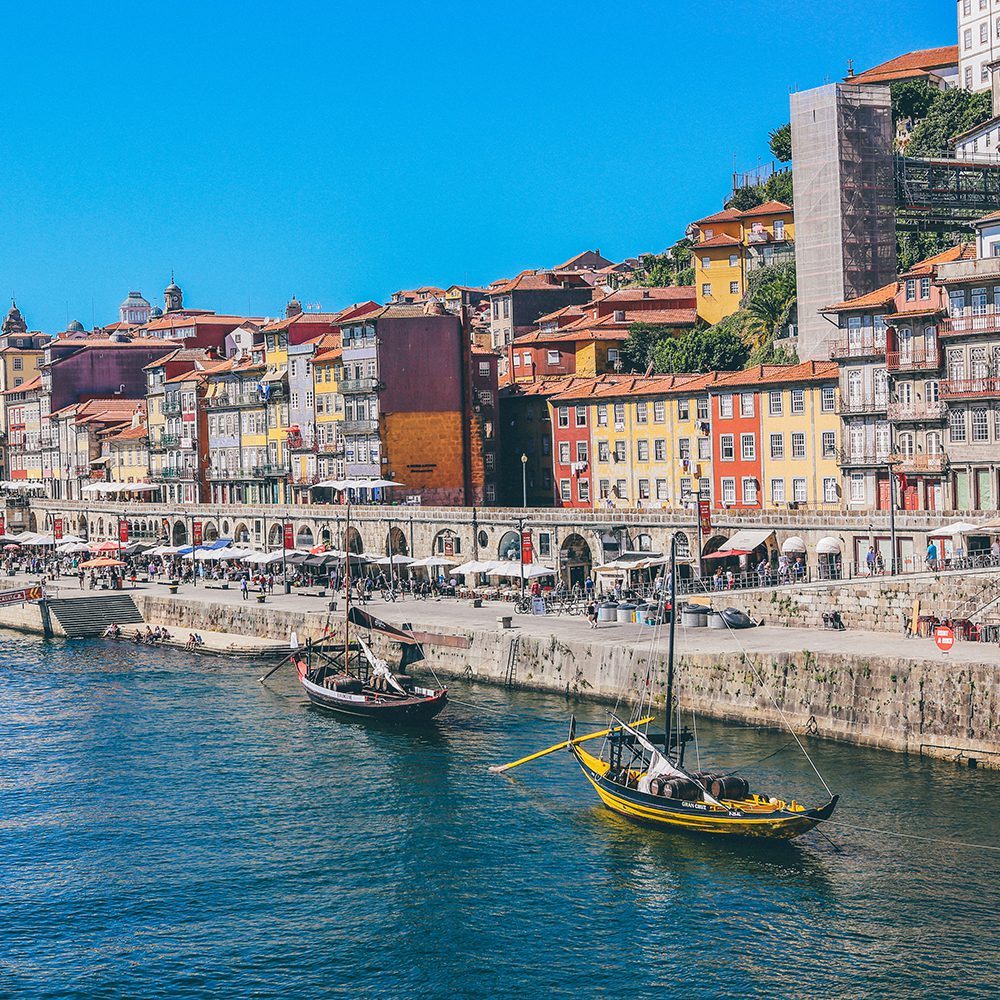
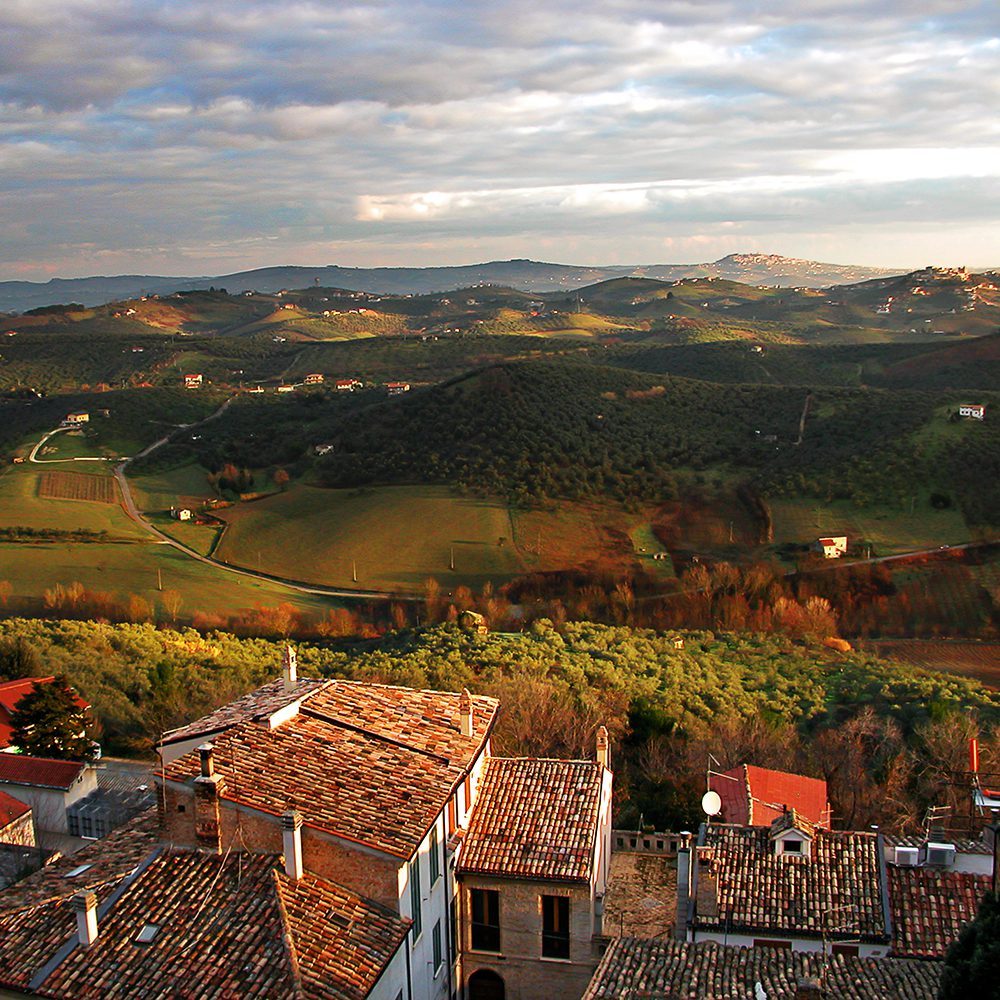
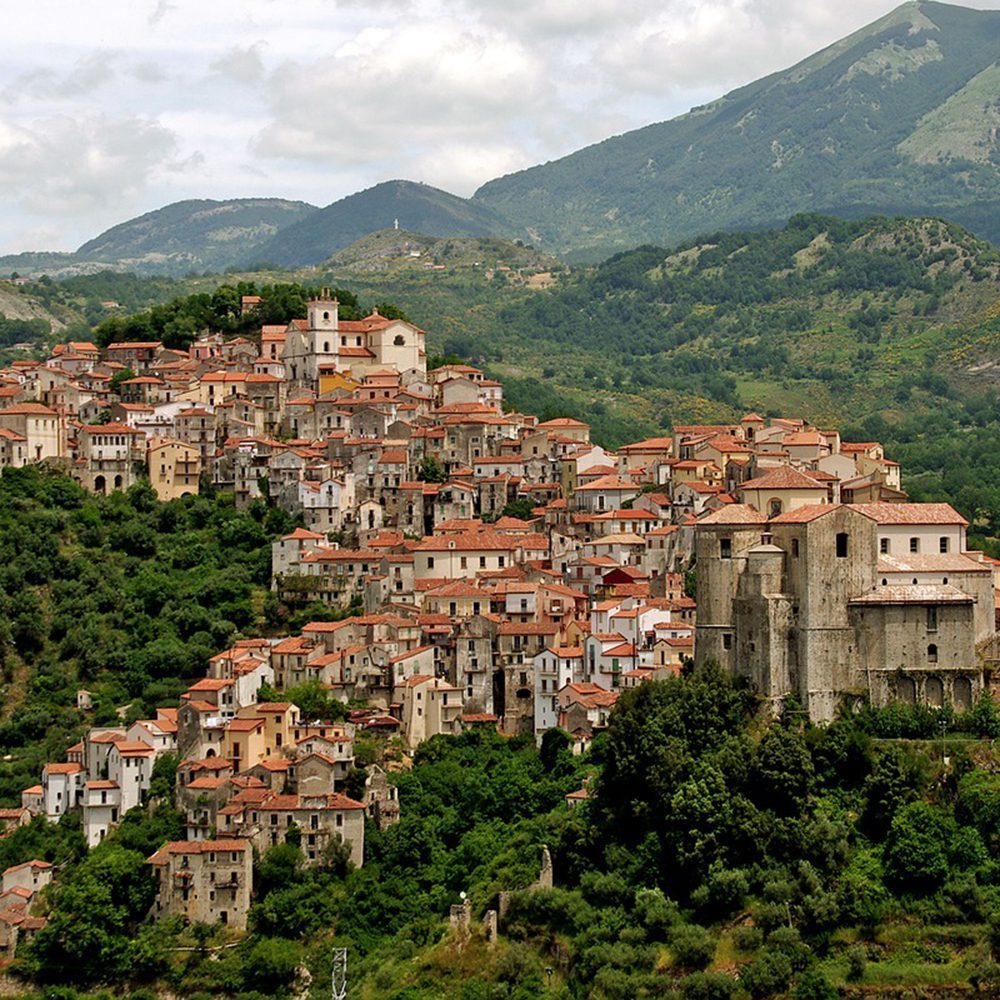
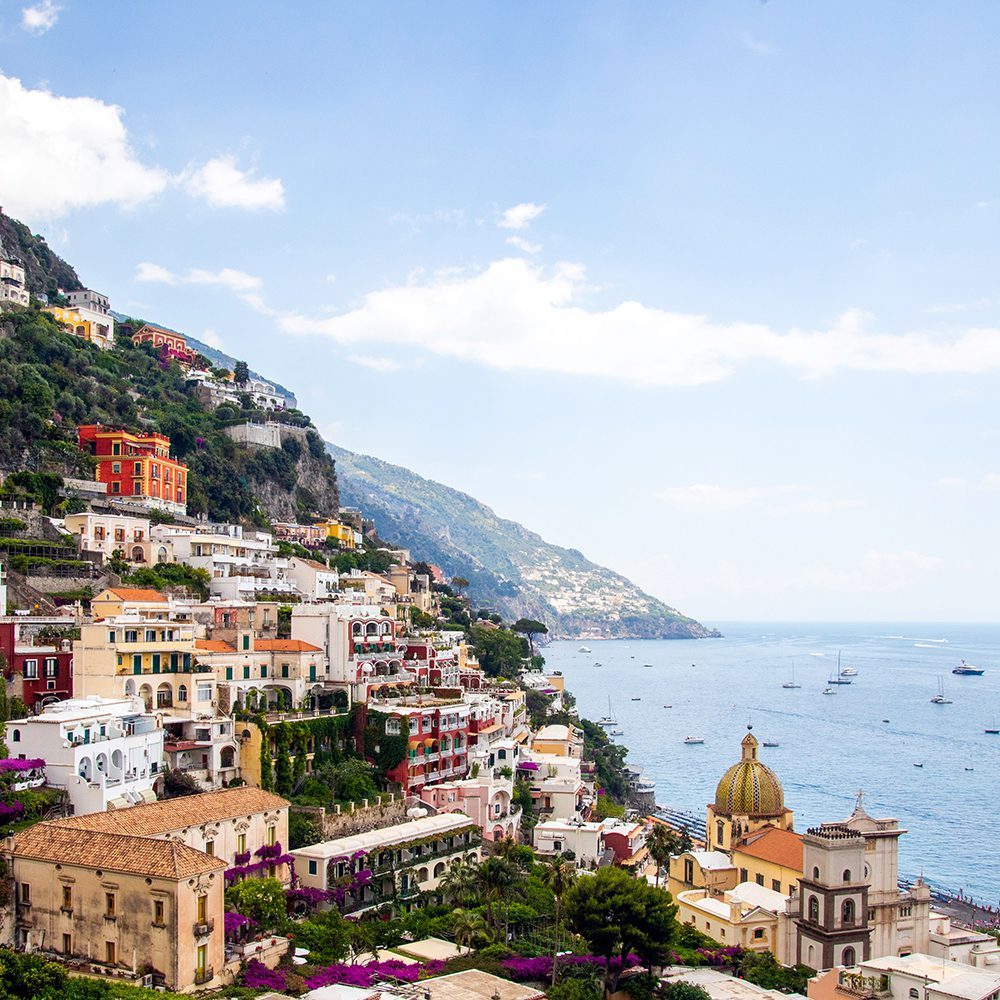
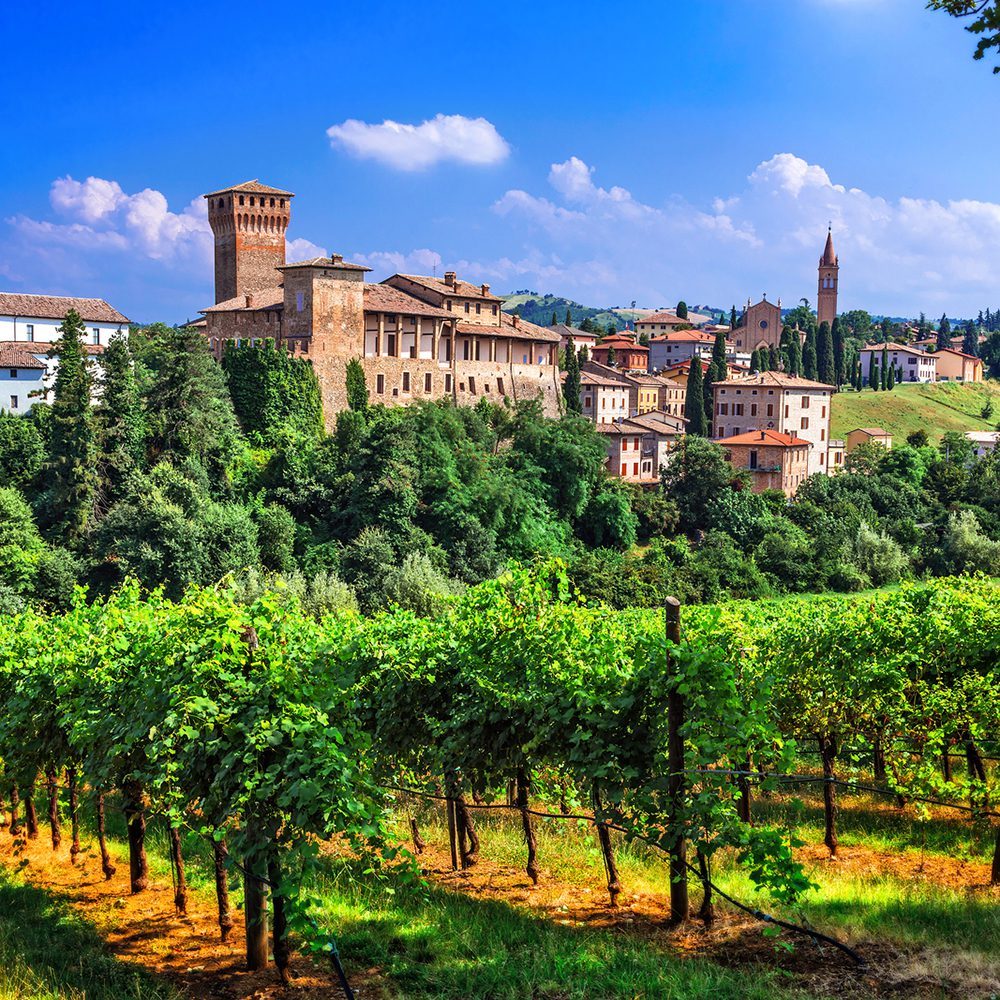

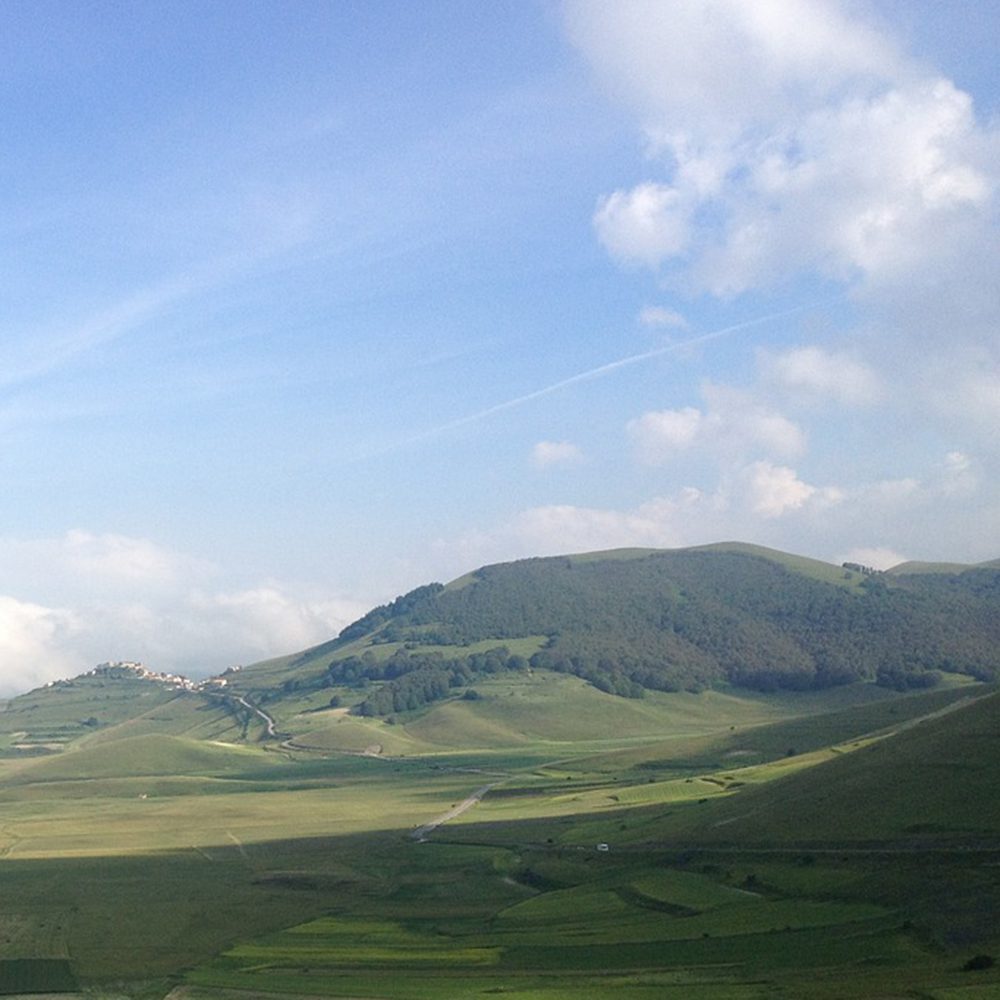
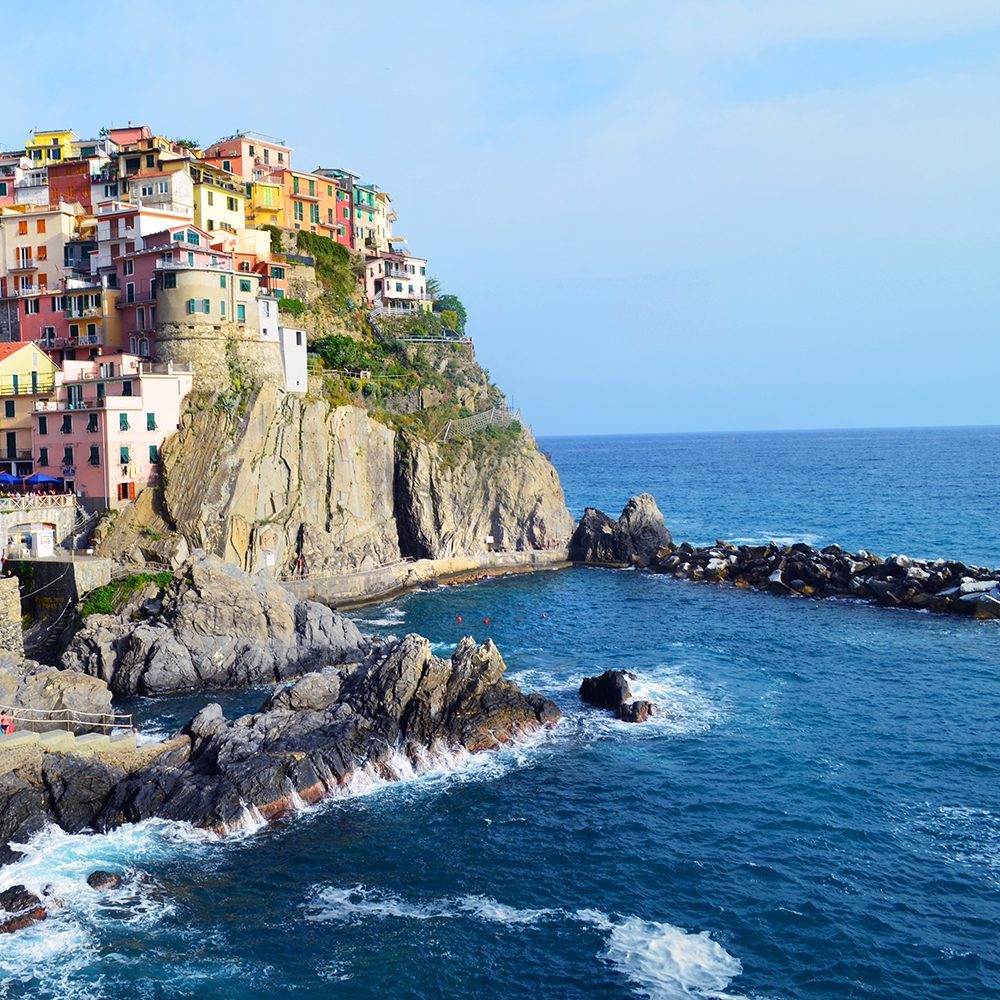
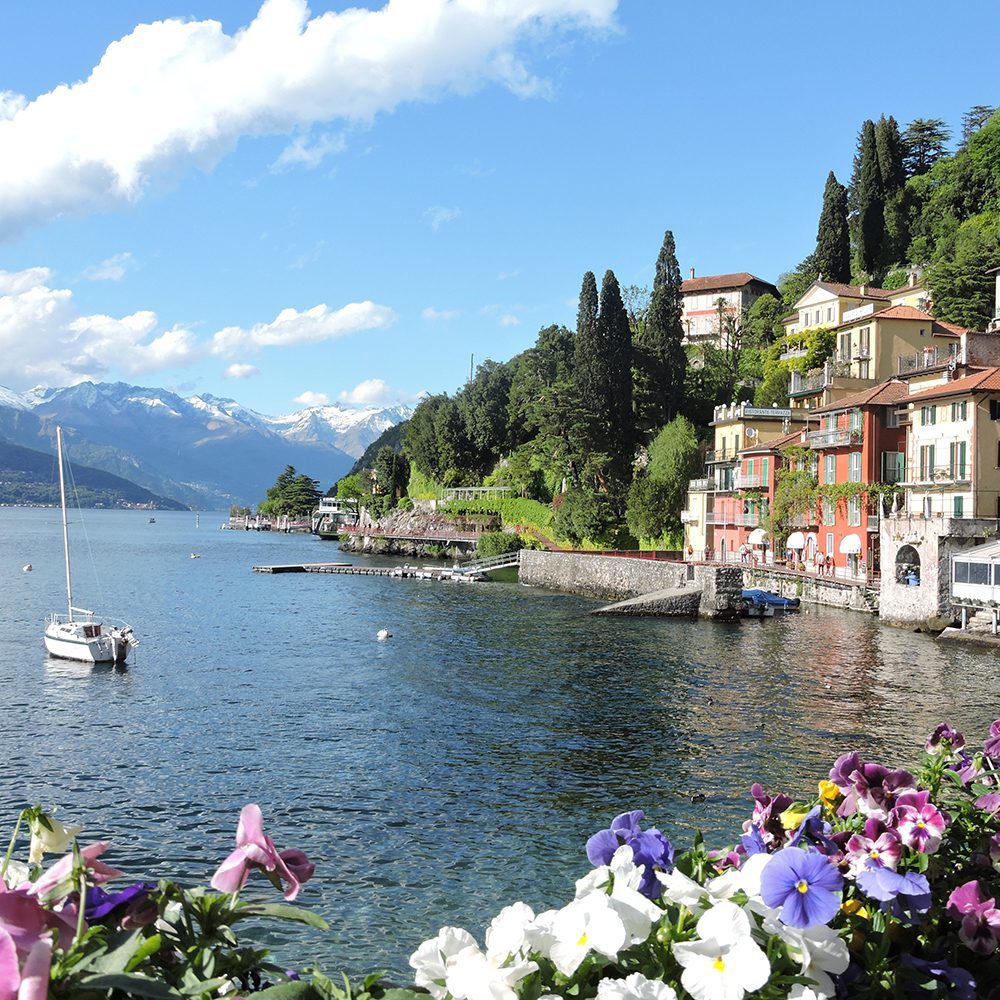
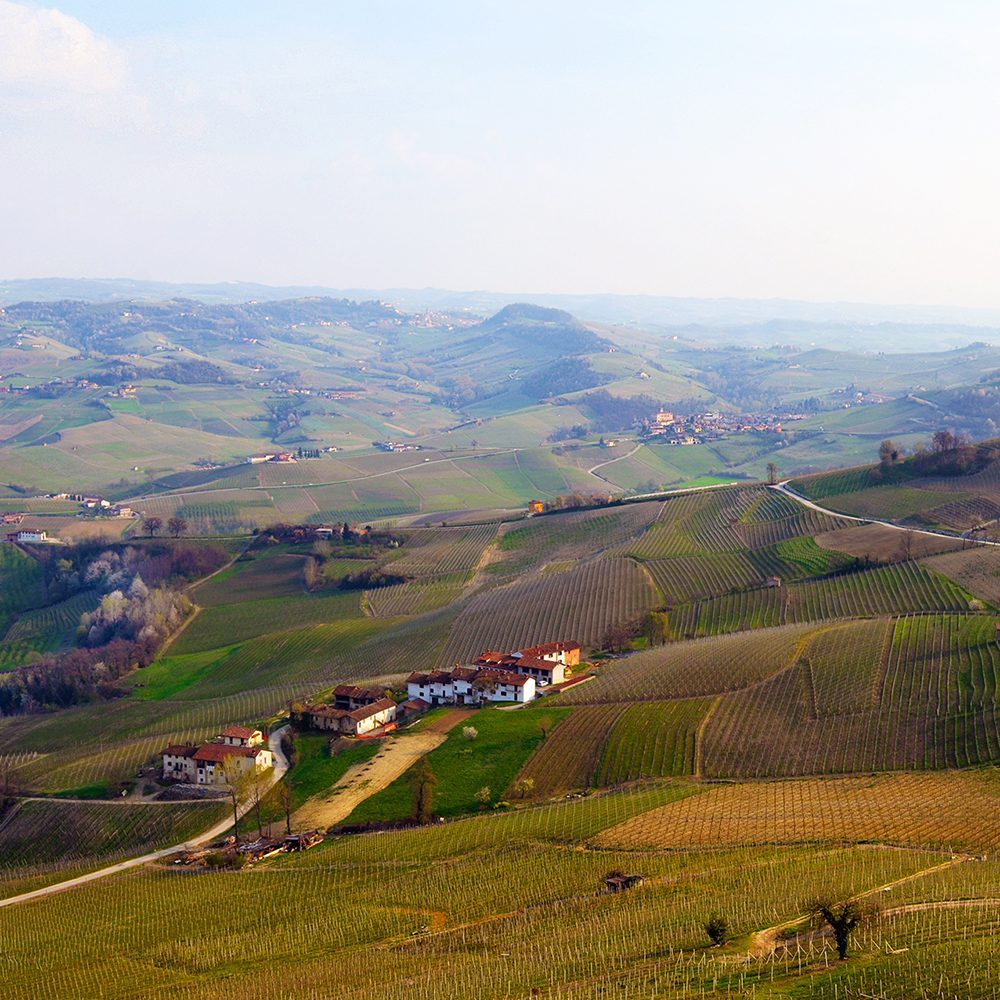
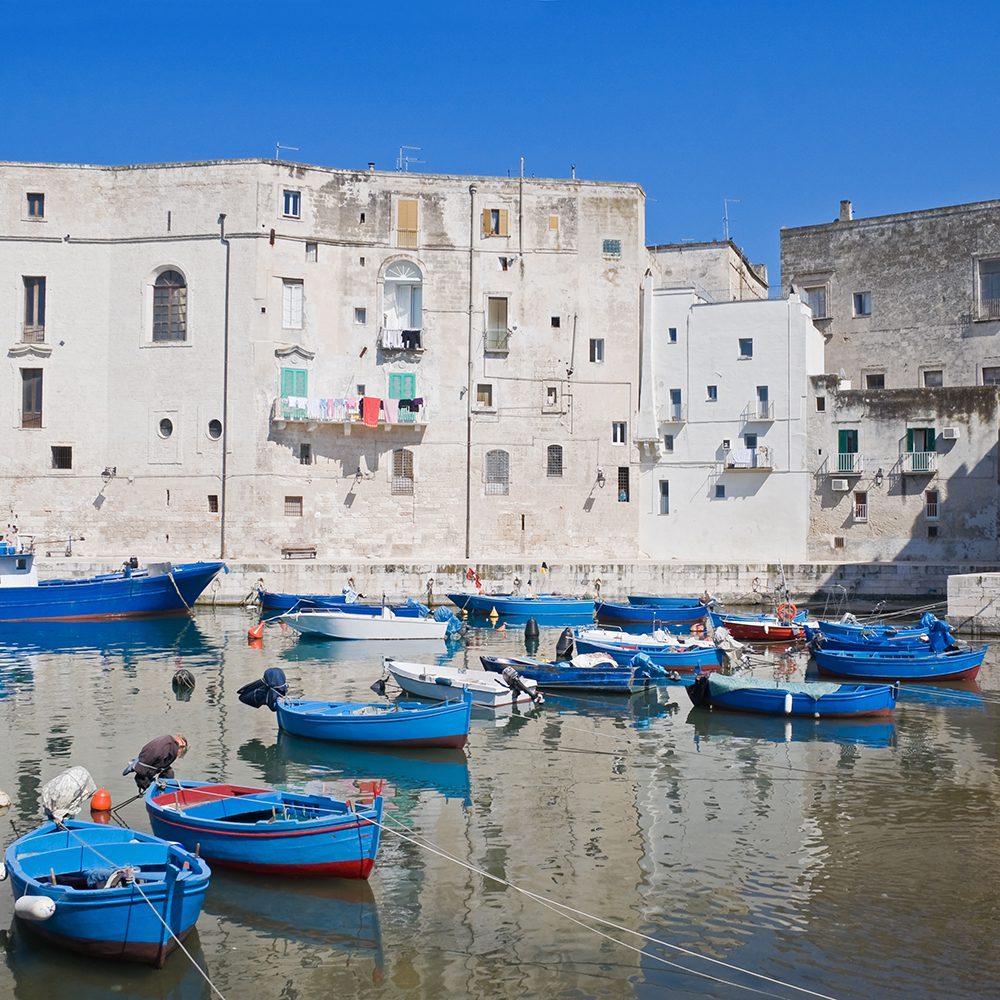
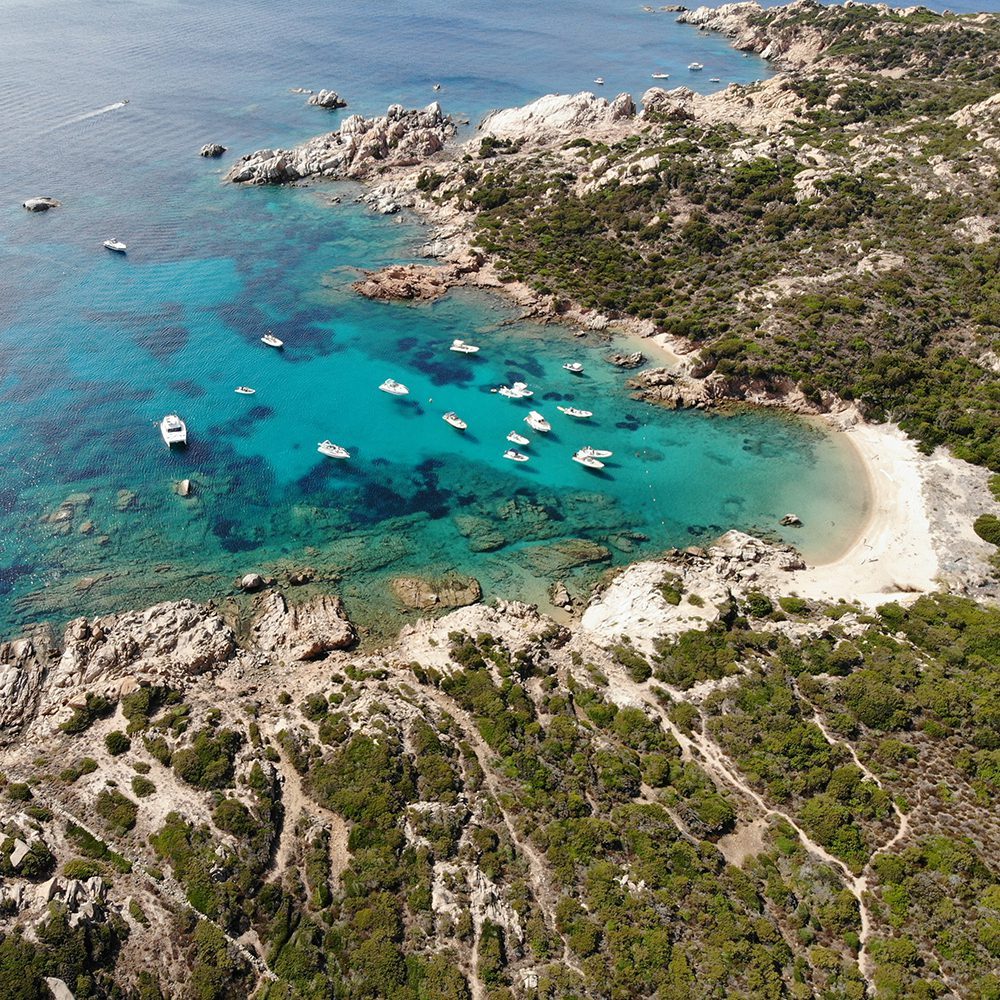
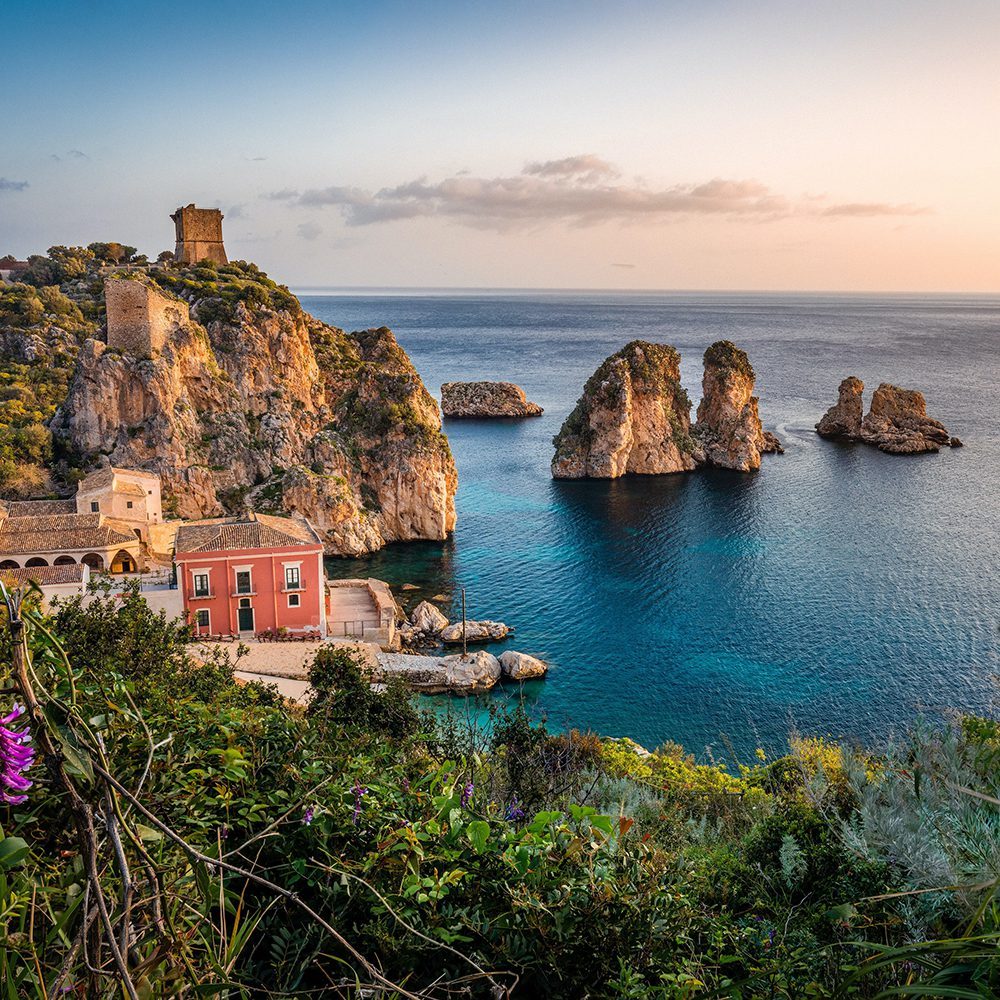
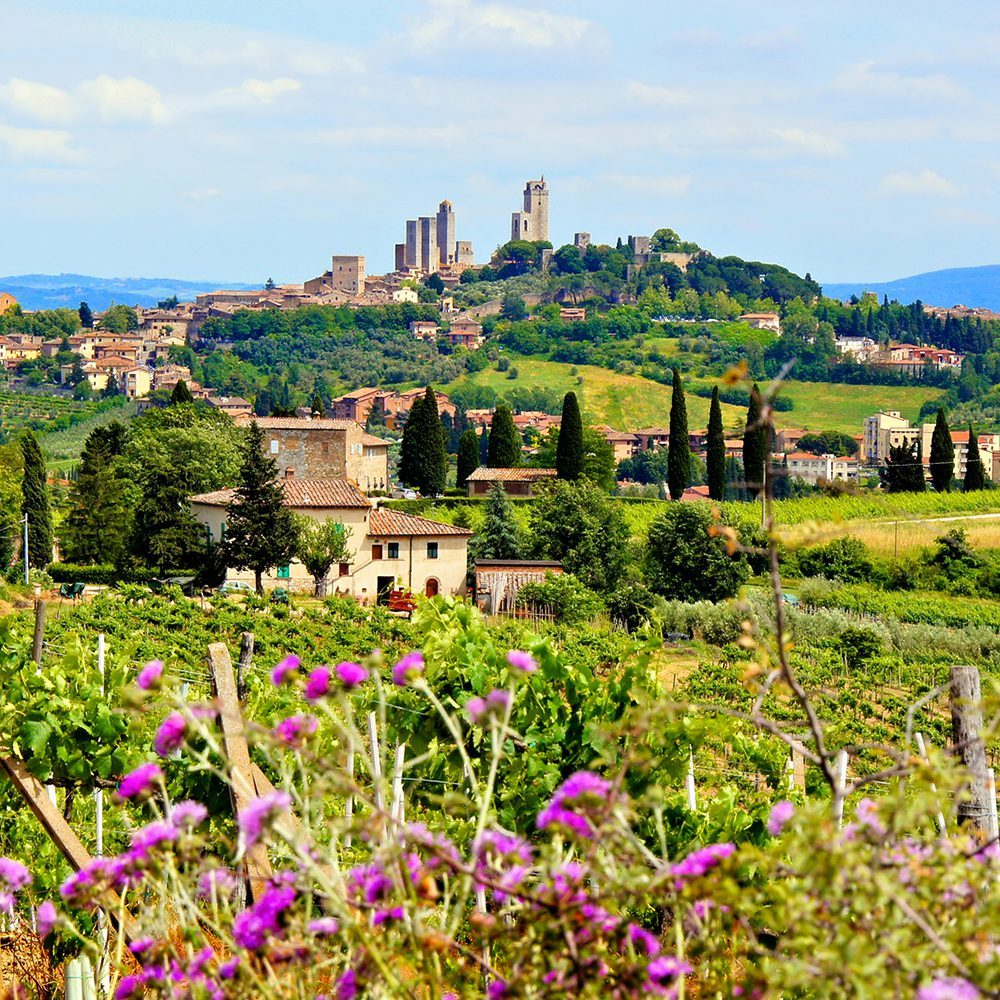
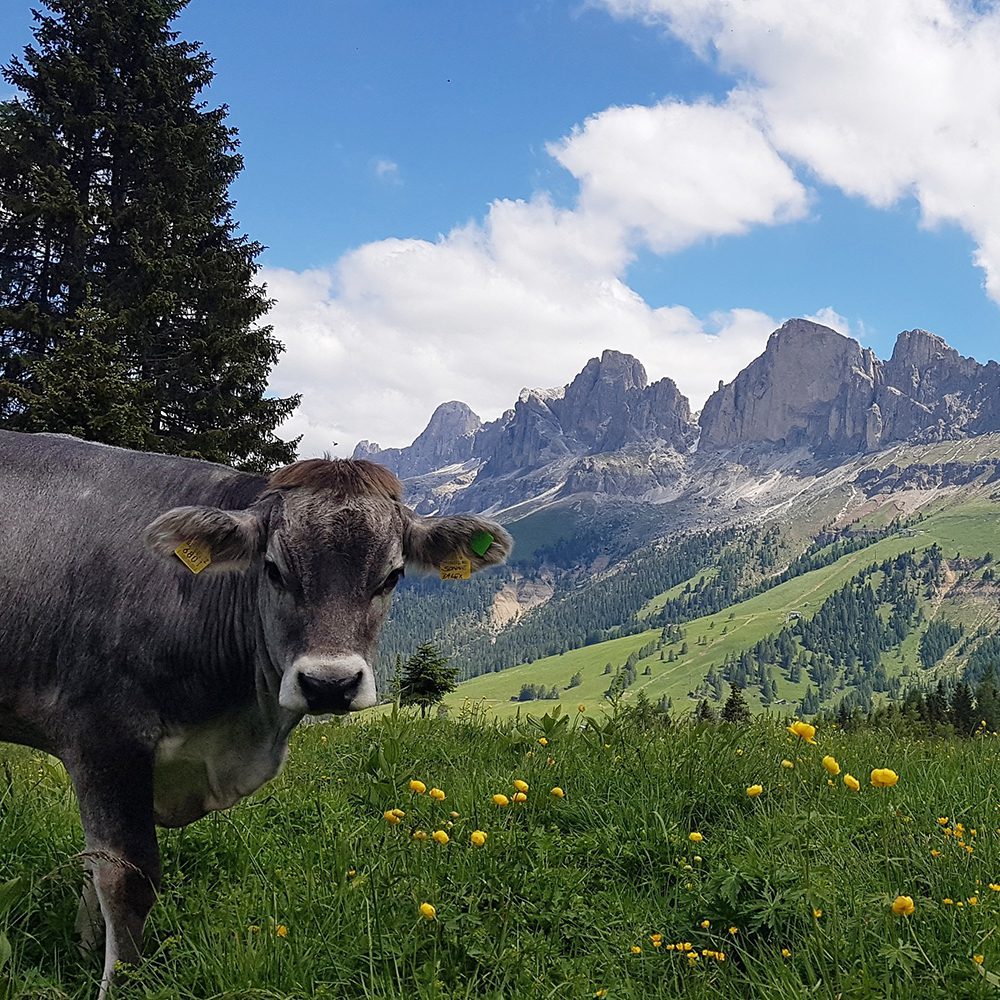
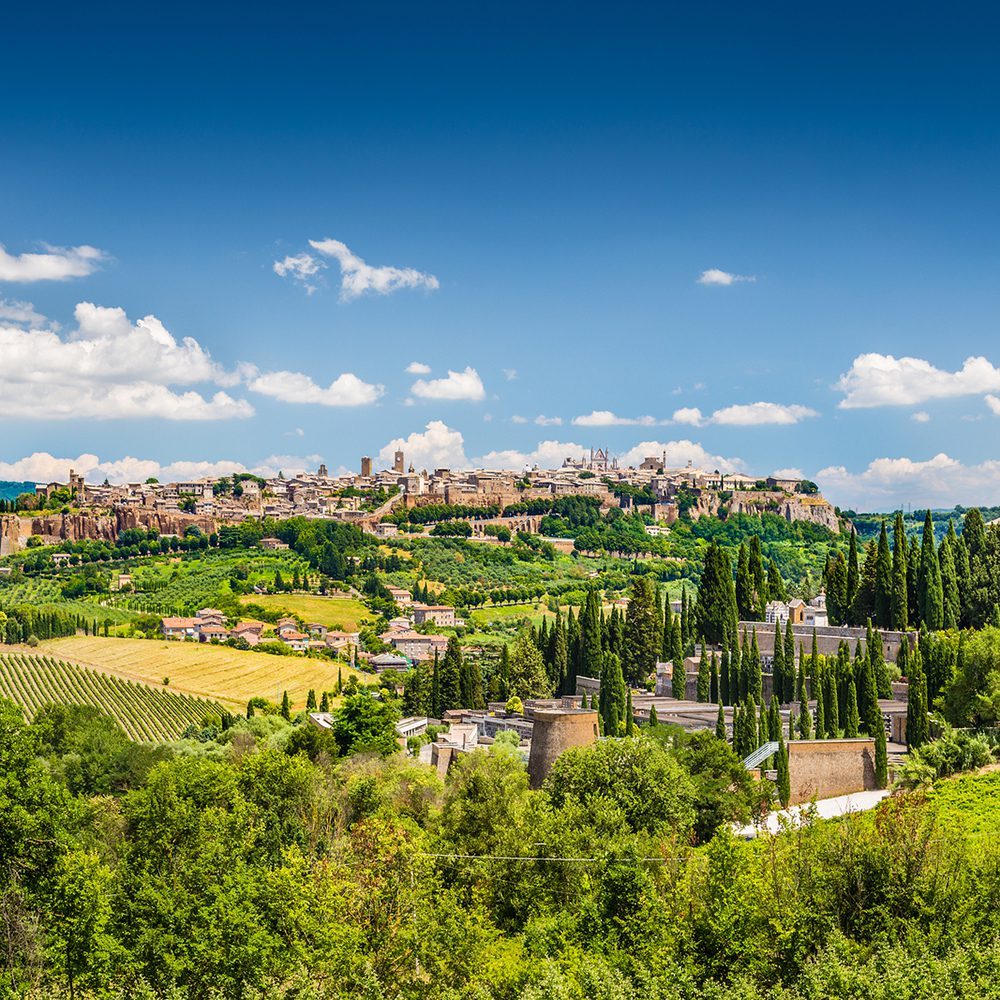
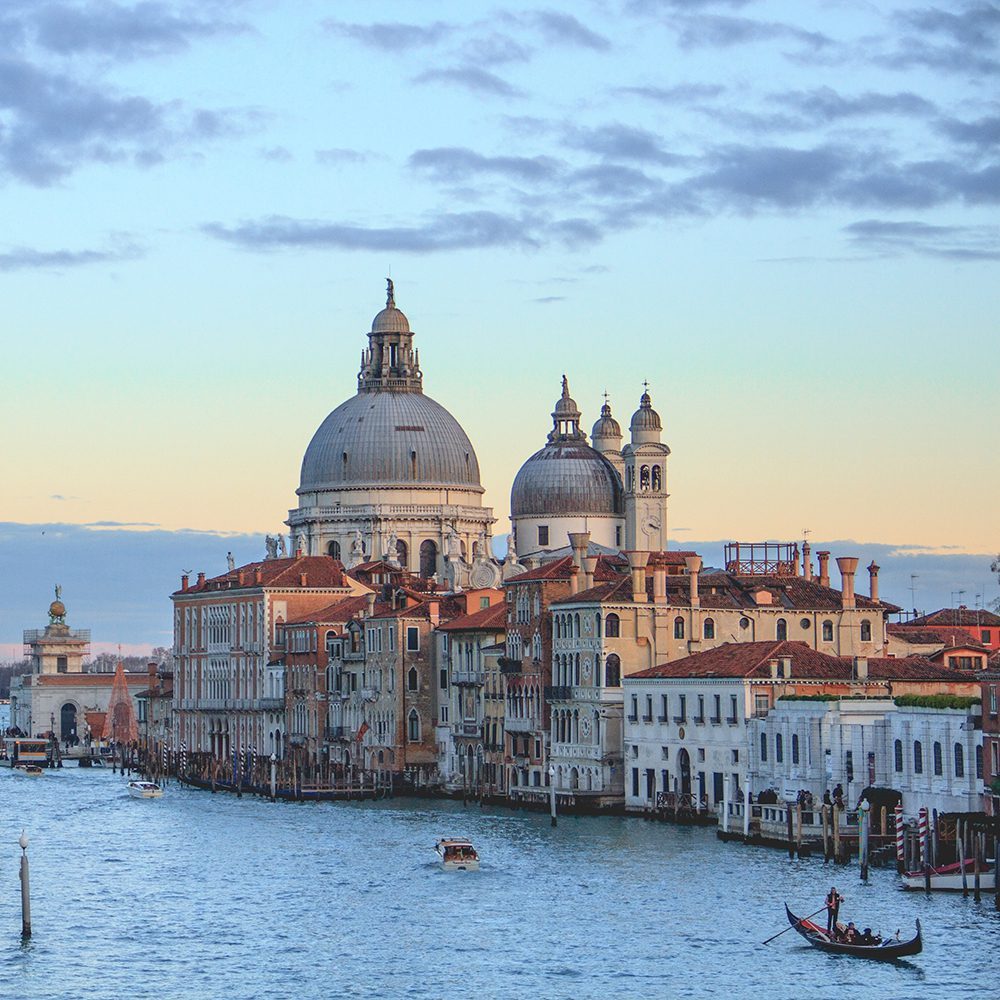
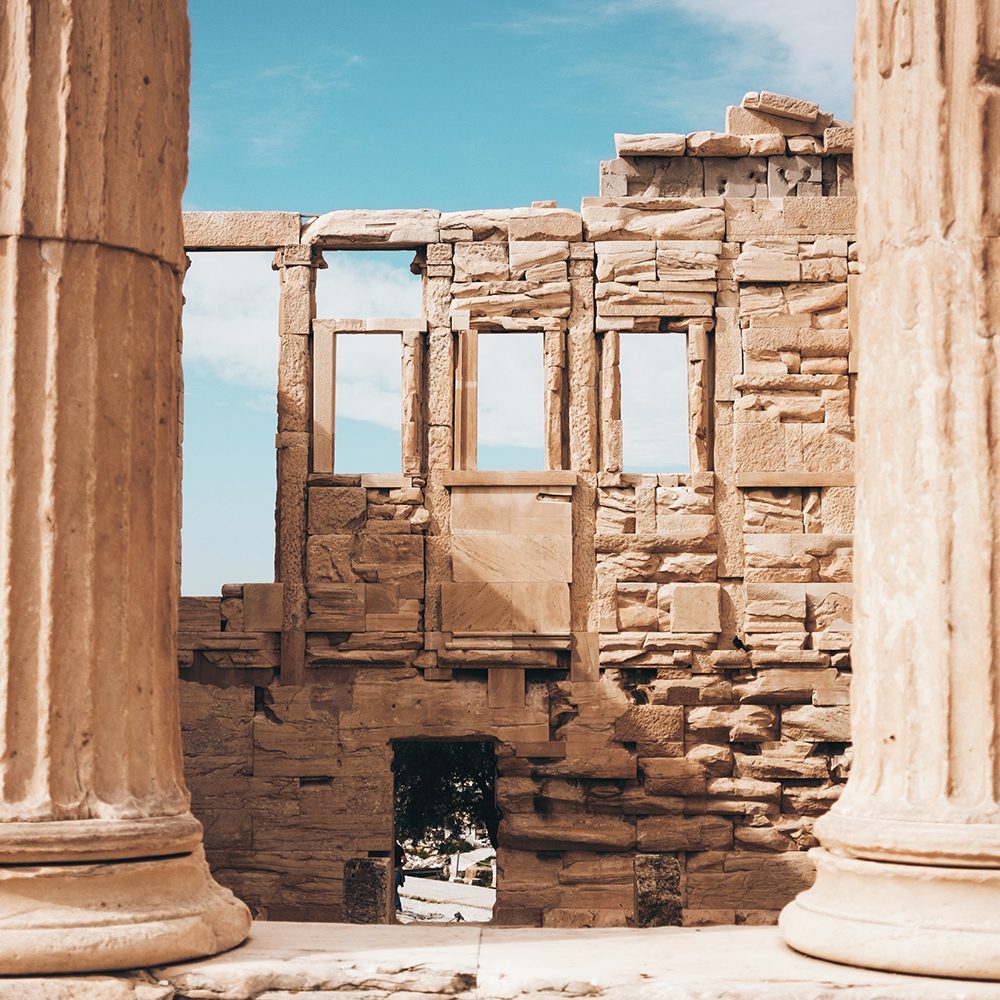
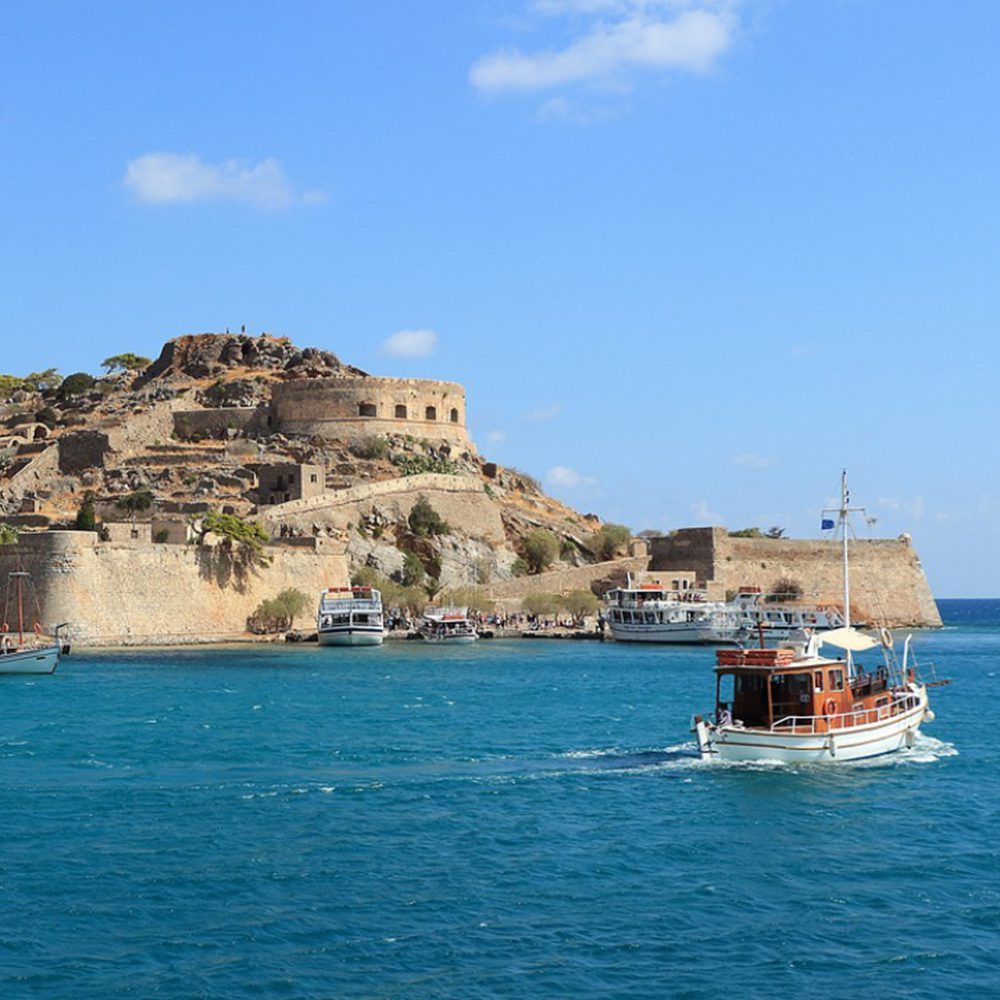
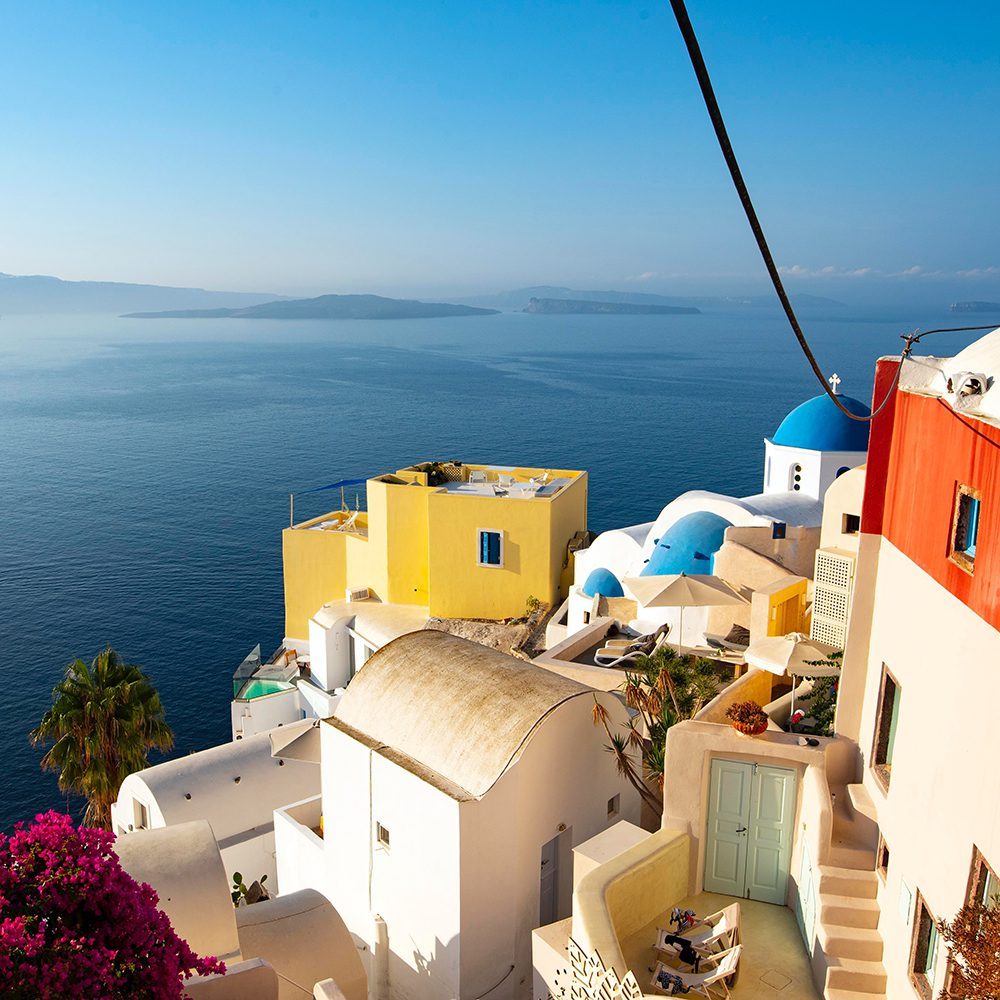
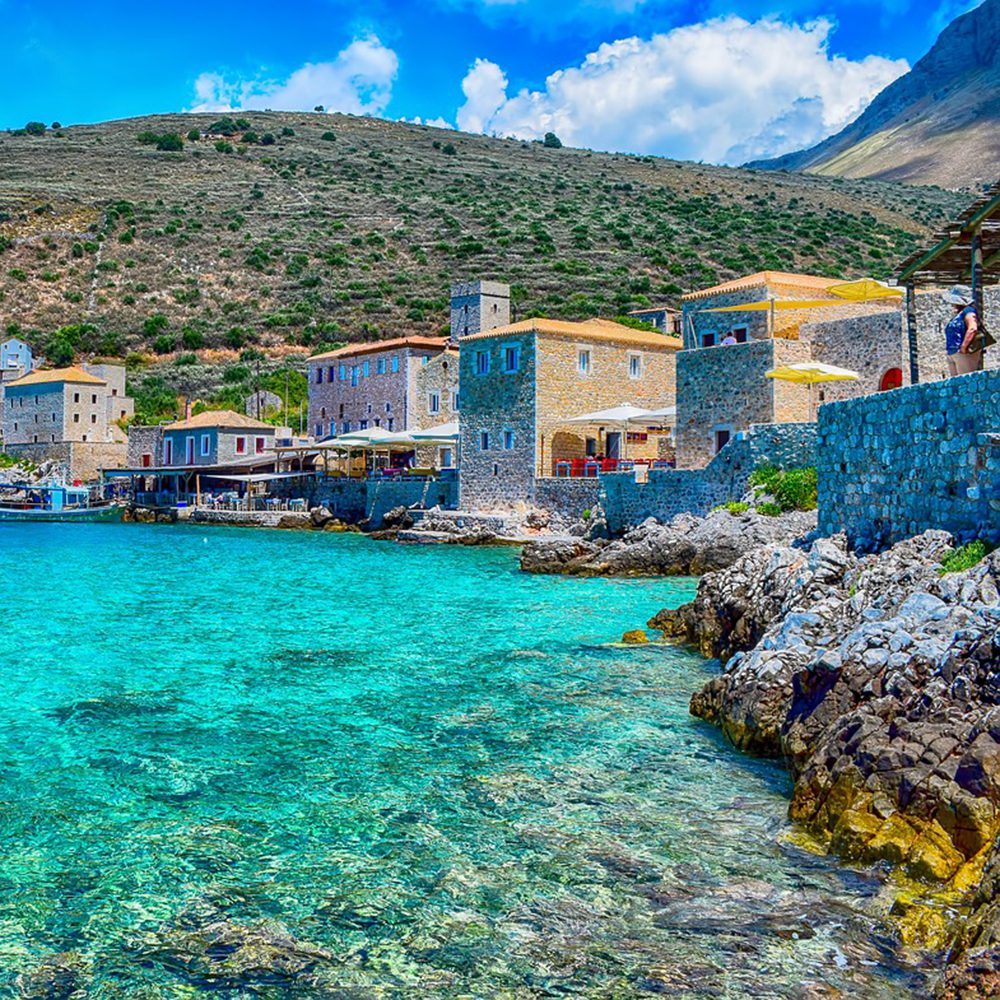
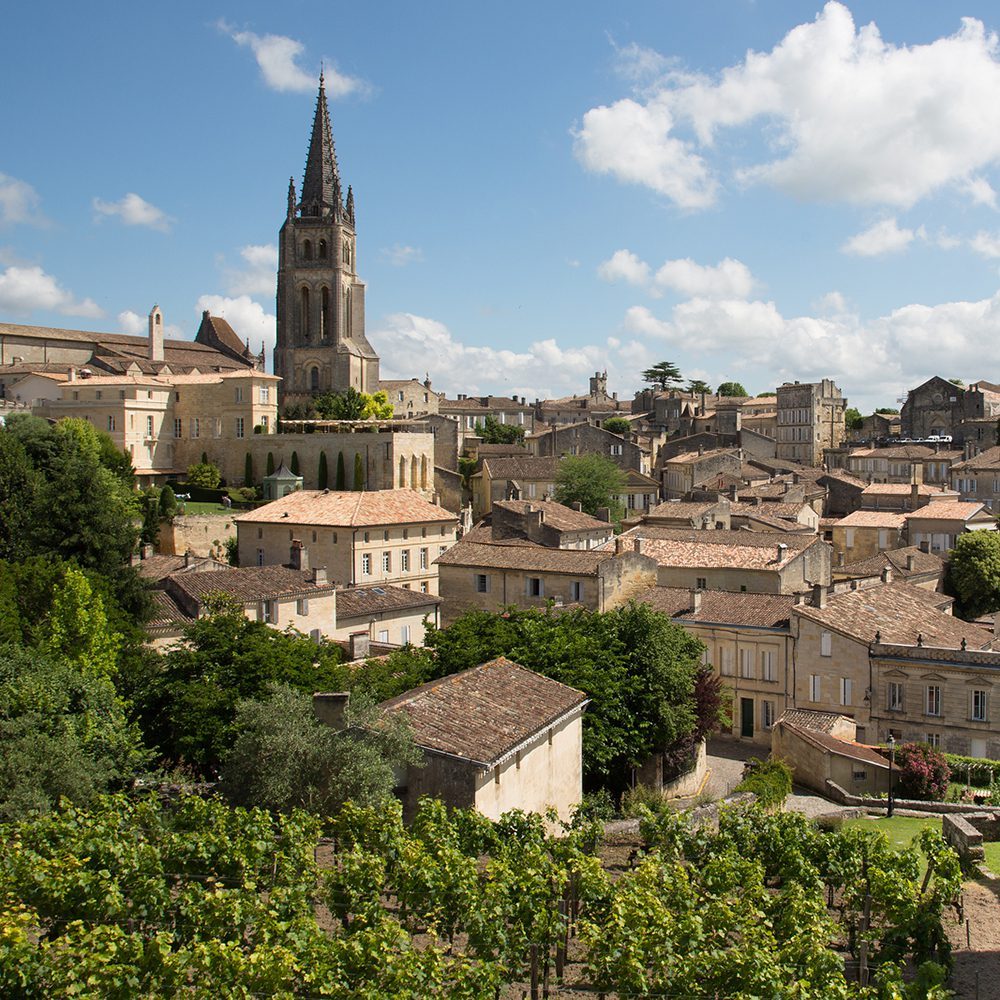
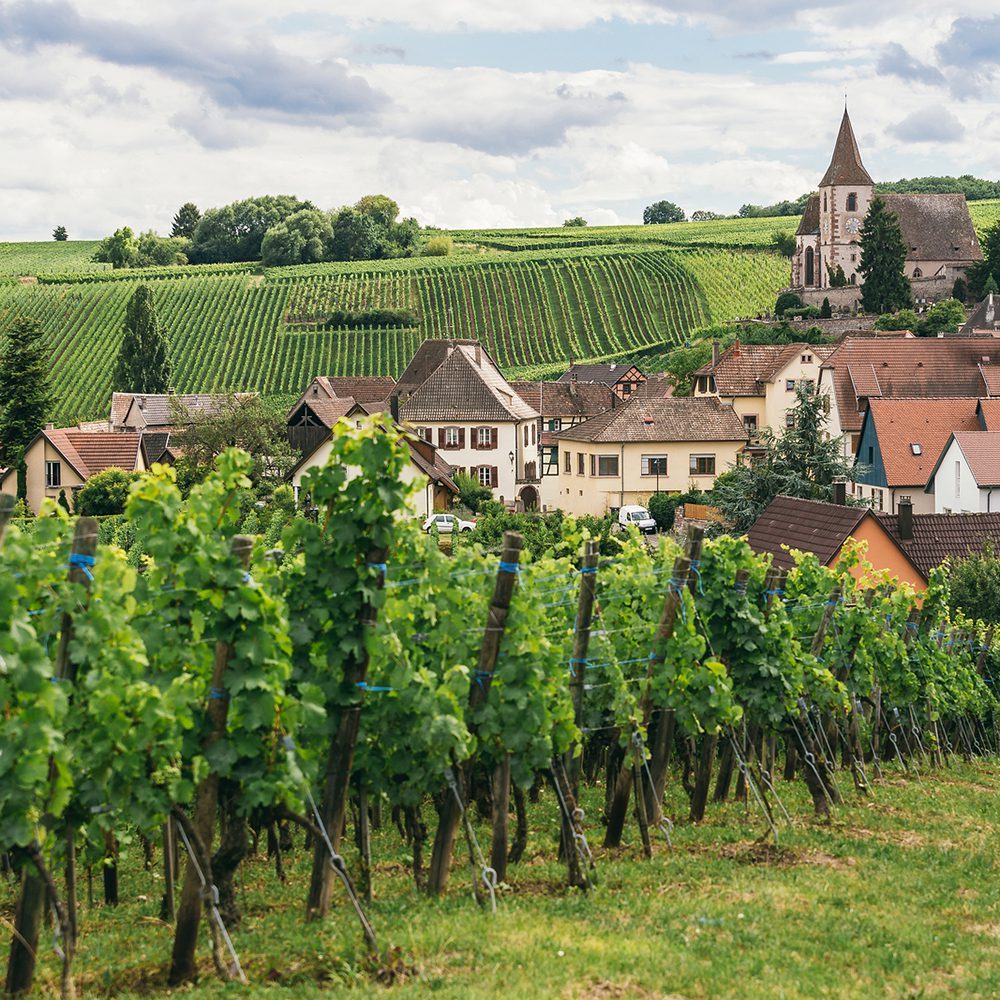
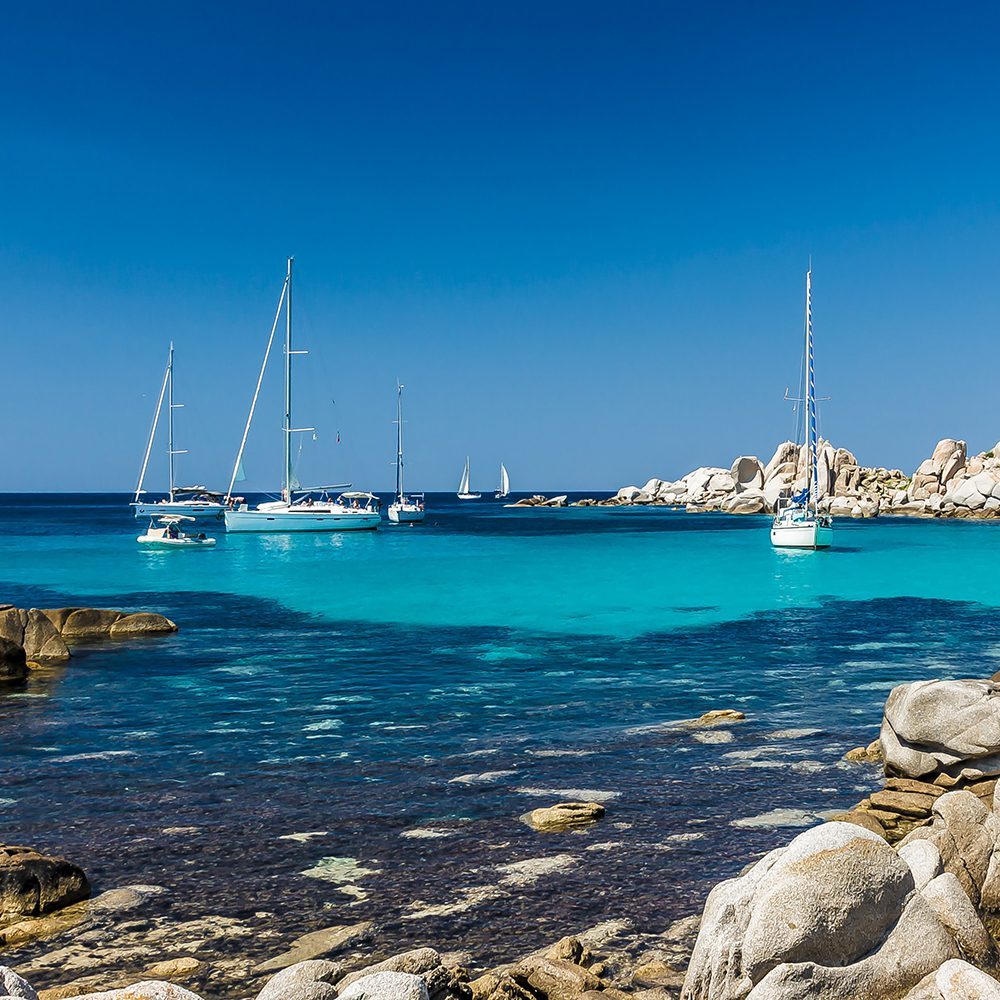
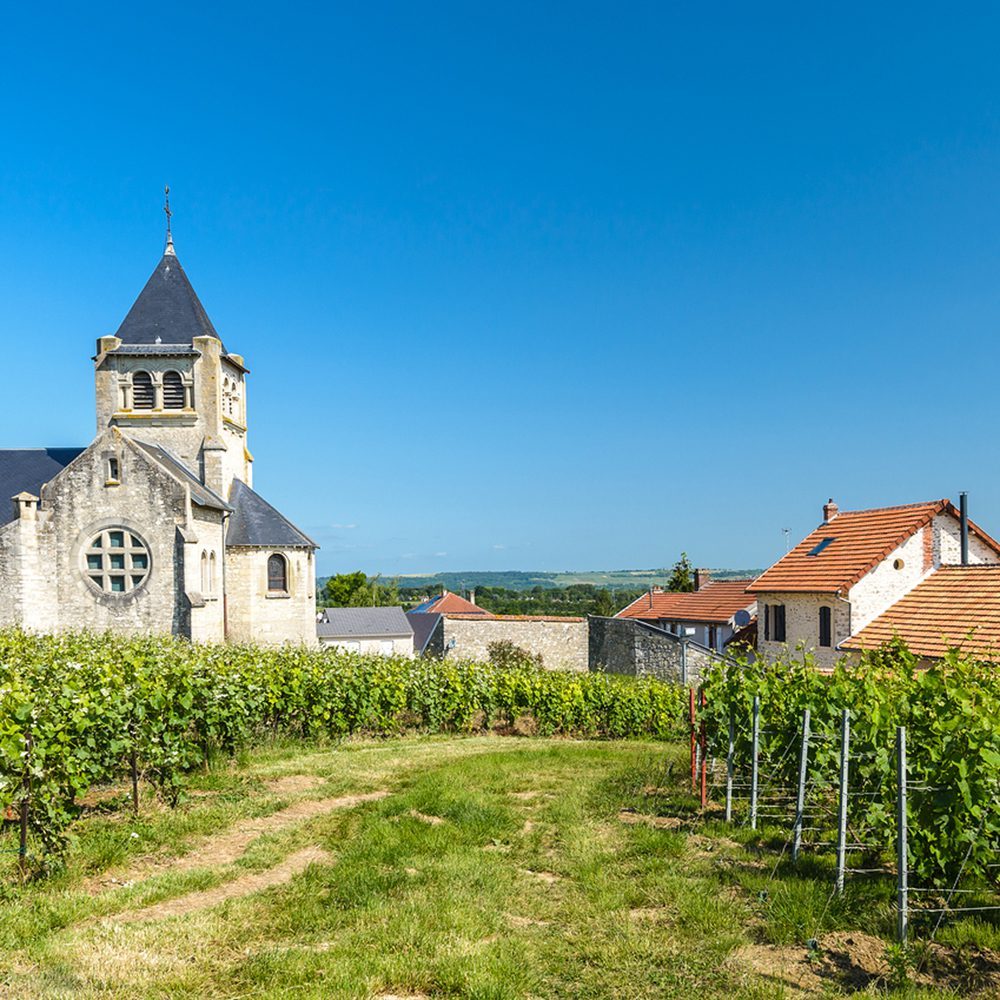

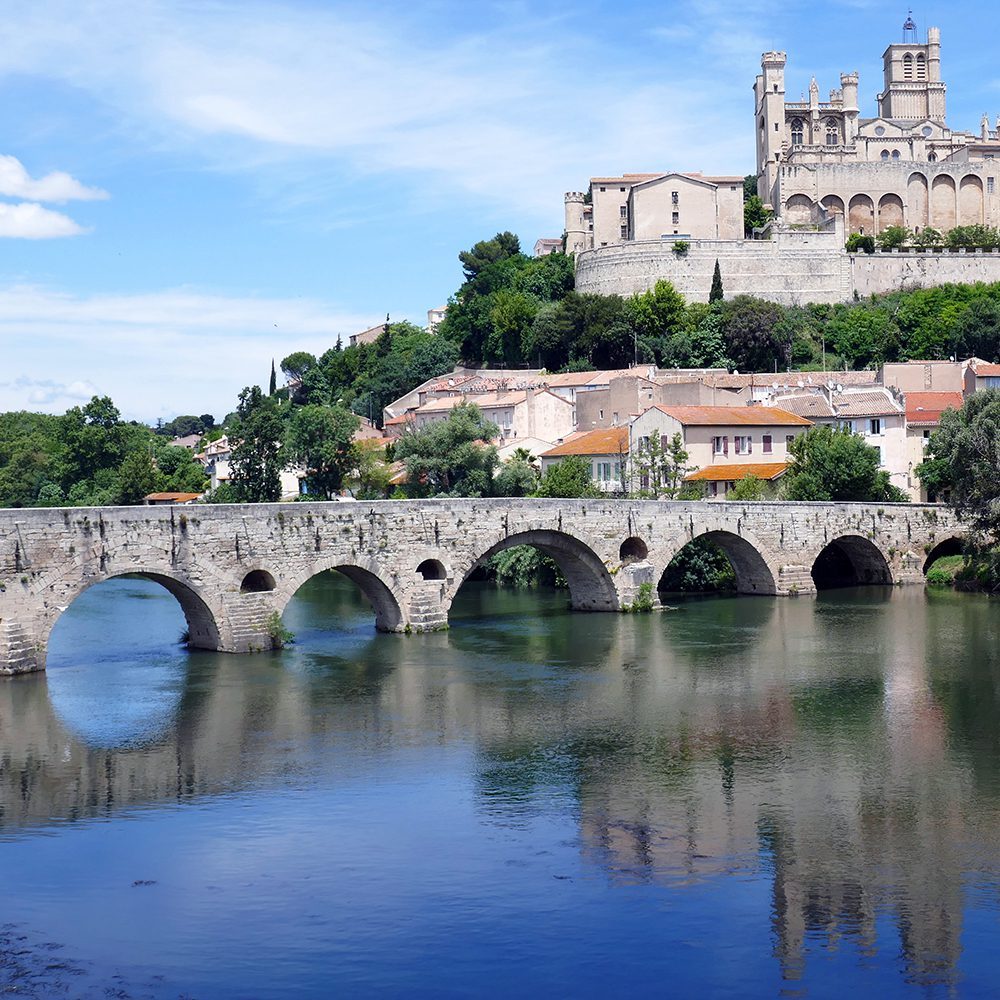

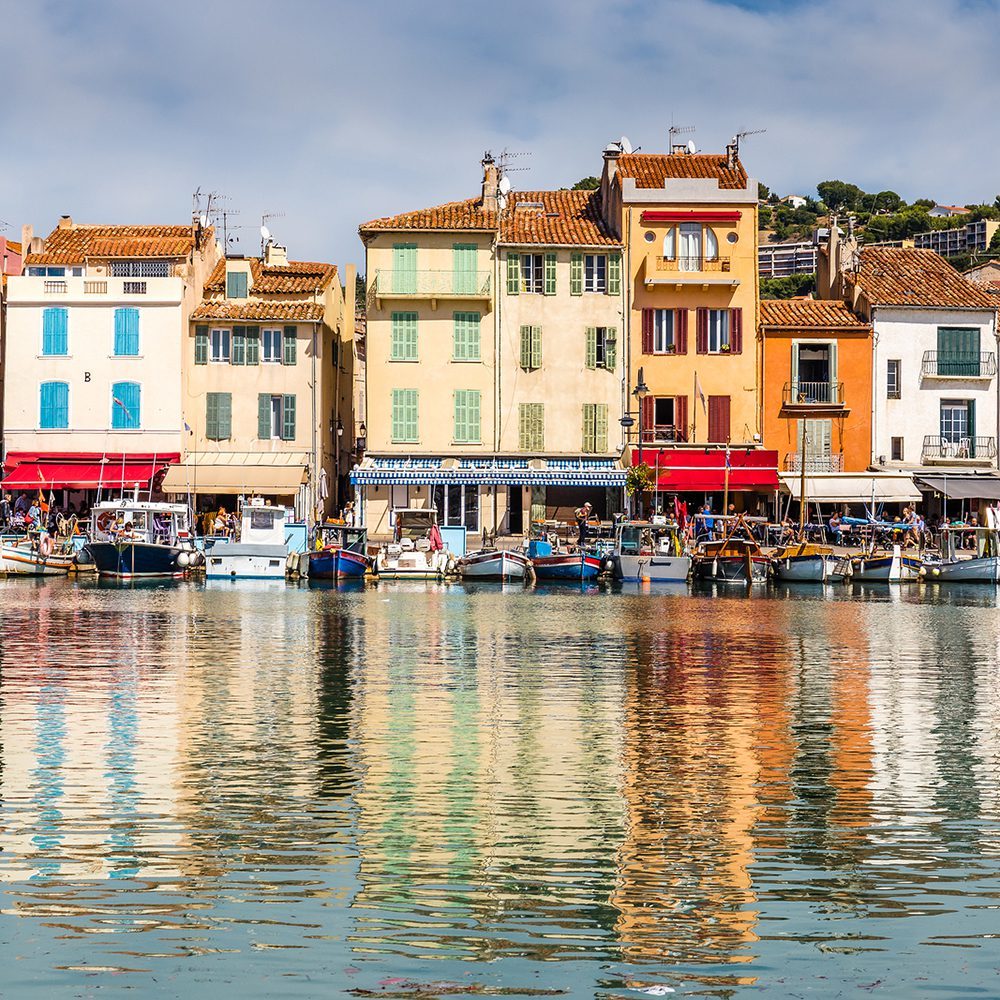
After reading this post I have a lot of hunger! Sardinia is really wonderful and I love it so much. Its cuisine tastes very good as all the Italian cuisine.